When I think of what I learned in 2020, it’s a complete jumble of messy realizations, most of which are linked by the common themes of isolation, communication, and unrest.
I’ve always been fascinated in how people respond to and process certain situations. From a murder mystery, to my very basic sociology background, to my love of narrative storytelling, I’m interested in what makes people tick and the patterns in that behavior.
What were my patterns and thought processes in a year of chaos, uncertainty, and thwarted plans? After going through the files in my brain and a few journal entries, here are some themes and comprehensions of 2020. (Feel free to share your own below, if you need a random place to do so.)
We’ll start light: I hate the commute! And I naturally want to go to sleep at 12:45 am and wake up around 8:45 am. So, I have been. It’s fabulous.
Walking is more than just a way for me to get exercise—the physical act of moving soothes my mind. It’s my time to catch up with loved ones, take in new content, or “be still” without actually having to be still in a crowded apartment. All three of these objectives are beneficial for my overall mental health.
I cannot control someone else’s anxiety level. Not with science, not with reasoning, and not with a debate. I might be able to relate or assist—but there’s no controlling it.
I’m an extrovert through and through. I miss parties, where you can bounce around the room and hear something new from 12 different people in an hour. I miss the sound of hushed chatter when you walk into a bar. I miss my friends! However, even in forced isolation, I still need alone time—away from my dog, away from my husband, and away from my phone, which is difficult in 800 square feet. But it’s only in those moments that I can pull words out of my brain and analyze them on a blank white page.
In terms of giving, the world felt collectively kinder this year. There was forced empathy that came in the form of masks, stimulus packages, extra unemployment benefits, and free COVID testing. It protected us as a society and made me deeply question what we should be doing when not in a crisis.
My dog Walter is an emotional support animal. No, not a certified one—but he is certainly one.
I have learned and re-learned that I am privileged in more ways than one. There is a responsibility on my part to recognize how I consciously benefit from my own advantages—and an attempt to further see how I unconsciously benefit. These learnings will, hopefully, steer my future thoughts on everyday life and the policies that govern our society. I’ve also been reminded many times throughout this year that people do not want to have this conversation. People do not want the change that hits like a gut punch, or makes you feel guilt from past actions. People would much prefer to dig their heels in and insist that their existence is “normal,” “right,” and “moral.” 2020 me knows you are scared and that you are lying, which in some ways gives me the great power of saying, “No.”
This train of thought continues in multiple directions and relates to Black Lives Matter, feminism, the crumbling of past heroes, and on, and on, and on. But saying, “I disagree, and here’s why” to a fussy family member, a favorite family member, or a best friend transcends one topic, and brings me brilliant peace, even when it comes at a high cost.
There was also a lot of hoping this year, for better or worse. I am a huge believer in managing expectations, mostly because there is nothing worse, nothing more painful to me, than a dream deferred. I can hardly tolerate the, “What would you do if you won the lottery?” question. Why not fixate on something practical, something nearly within your grasps?
But hope, like the aforementioned anxiety, is not the same for every person. There are different forms of it: There’s the prayerful hope—the pleading, meditative hope used when Ryan had a fever after being exposed to the virus at work. And there’s the hope that manifests in the form of desire. Personally, this is the most dangerous of the hopes. But I also leaned on it to stay positive about cancelled trips, postponed weddings, and the possibility of excitement. “Soon,” I’d tell myself. “Soon it will be, because it always has been.”
And then there’s long-term hope. This one is important and the hardest for some to find: It’s that expectation of the future that ebbs and flows and takes on many forms—sometimes appearing as pleading or longing—but it’s stronger than that because it’s omnipresent. It’s a feeling most humans have innately experienced, even when they’ve been fooled before and know the world is cruel. Maybe it’s when you look at your child, or when you hug a sister. Maybe it’s when you’re standing alone in nature, or taking in something beautiful, and you feel both at peace and motivated for what’s to come.
I’m not often an optimist; I fool you because I’m upbeat. But this year, I’ve had to physically and mentally choose to practice the action of hoping. I think hope is a form of gratitude for simply being alive and having the potential to touch the future. And I think you will always have to work to find it, whether it’s this year or the next. In the action of hoping, we must frequently shake off the patterns of what we’ve witnessed in the world and eagerly anticipate a positive outcome—with a confidence that comes from the unknown.
I hope you and I break the patterns that hold us back in the coming year.
I hope you and I hold fast to the patterns that help us survive and cope.
I hope you and I continue to develop patterns that benefit those around us—and those who are less hopeful, because they have been bruised by injustice.
I am hoping the best for us.
Good Things in 2020
New nephew, new apartment, new dog, new used car—and the little things: there were still some moments to celebrate in 2020.

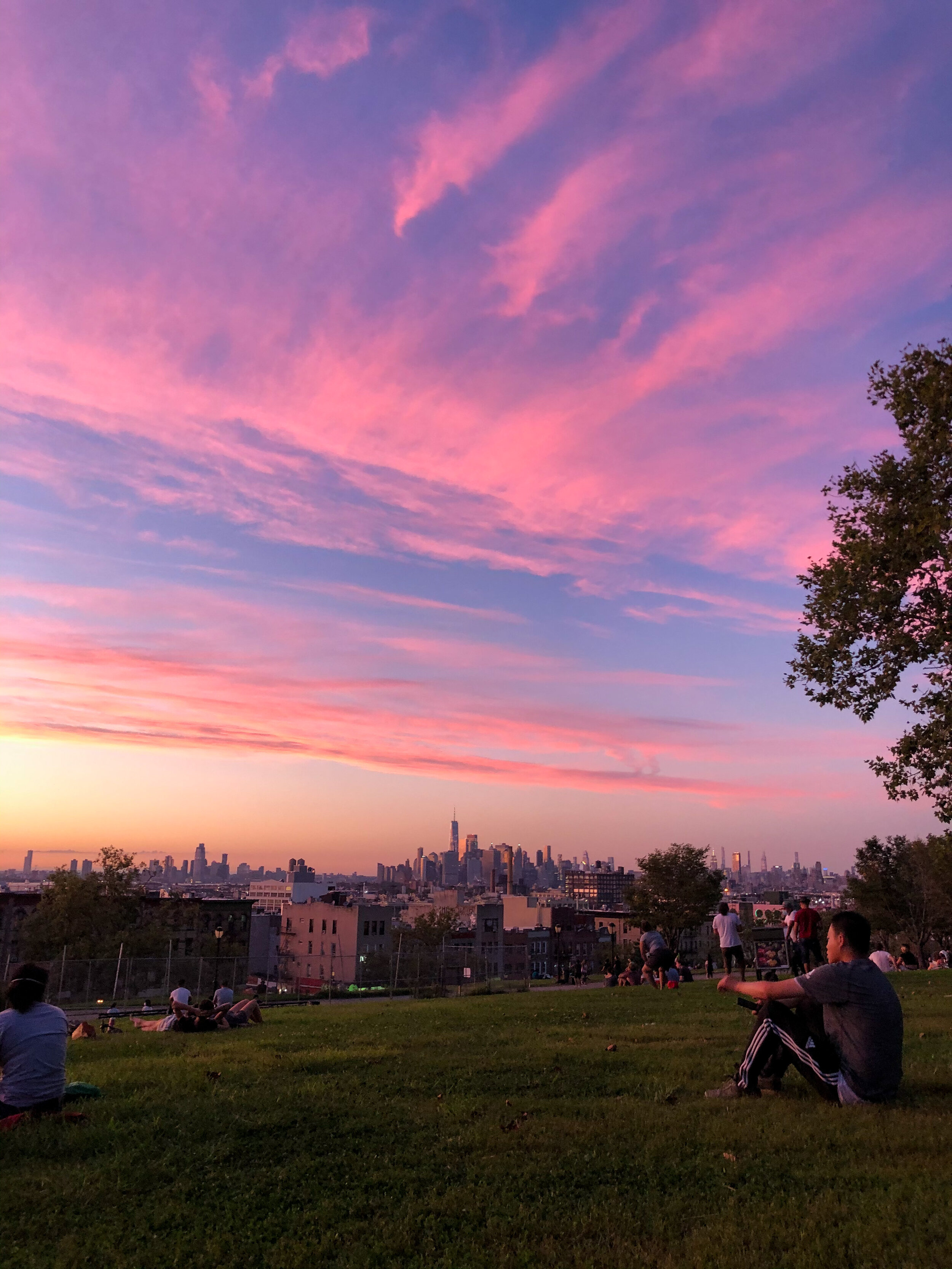

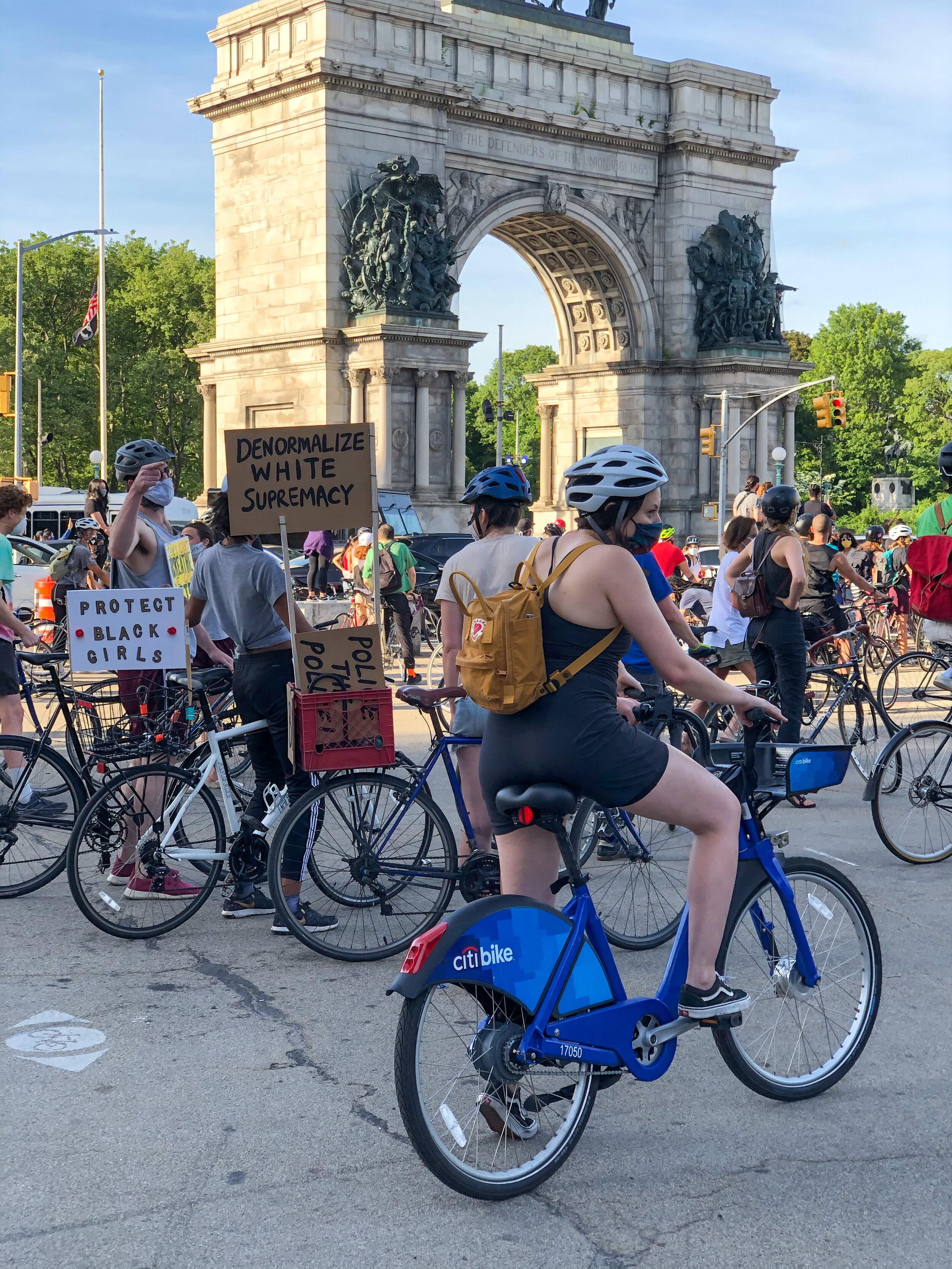
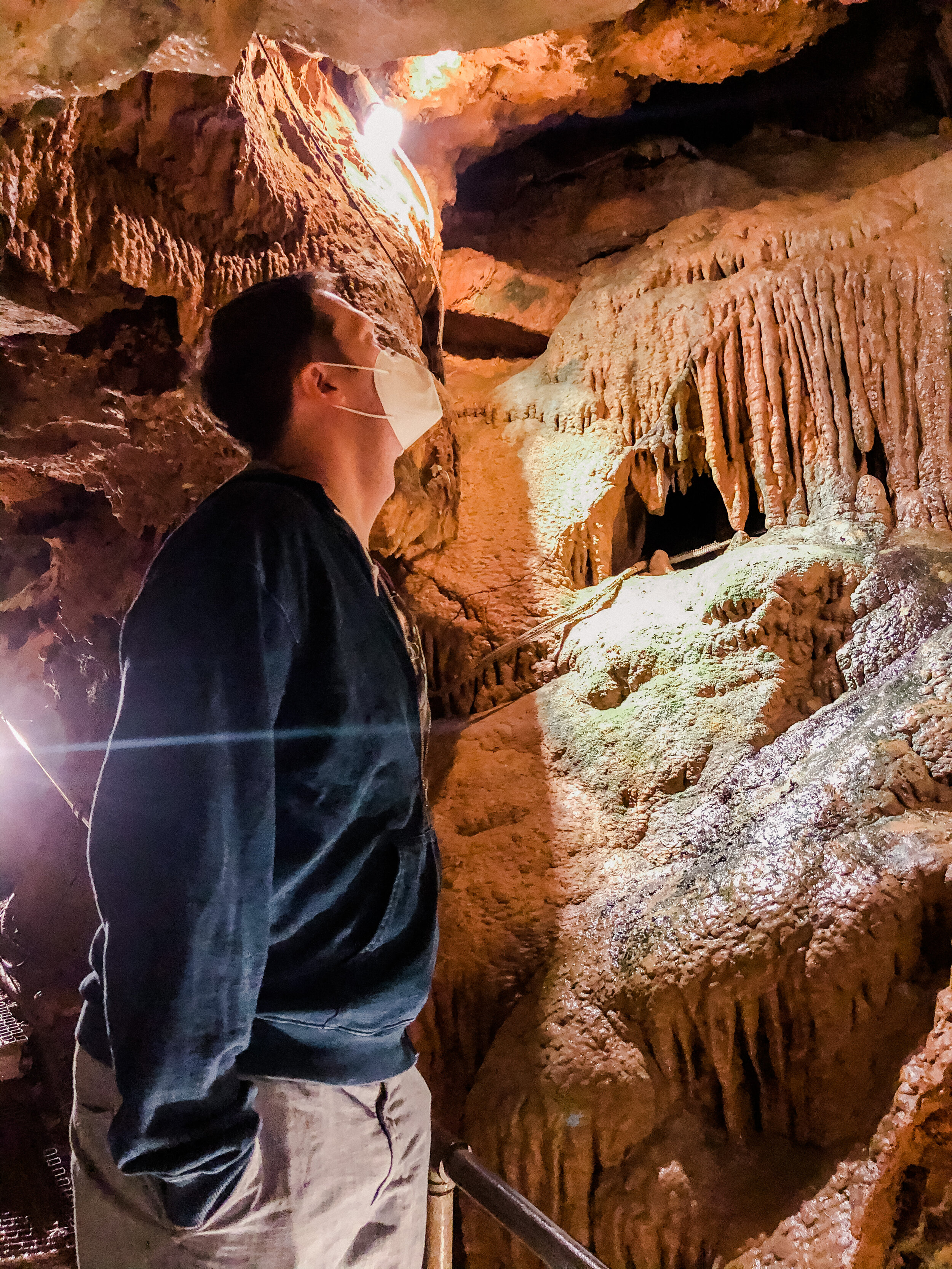
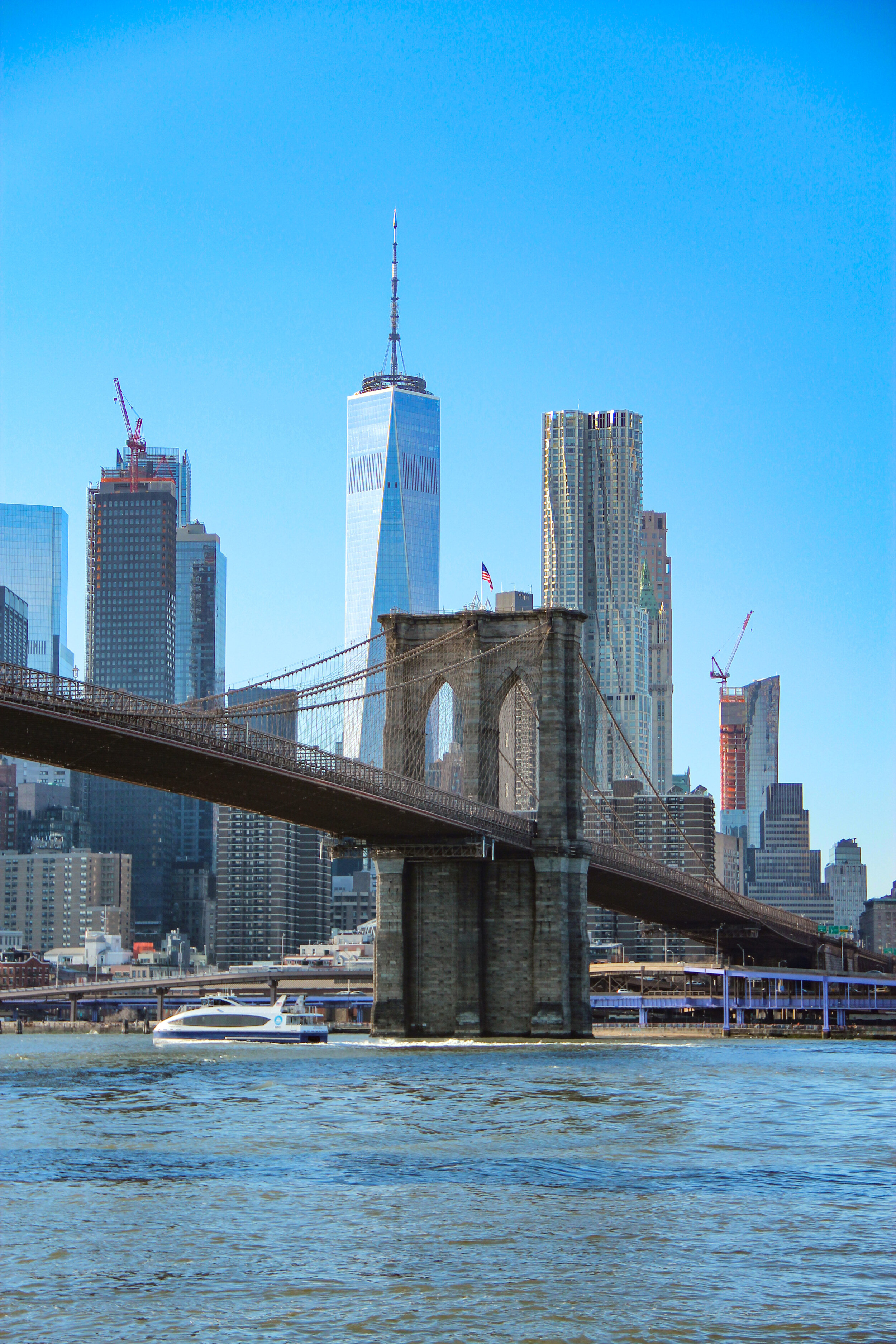
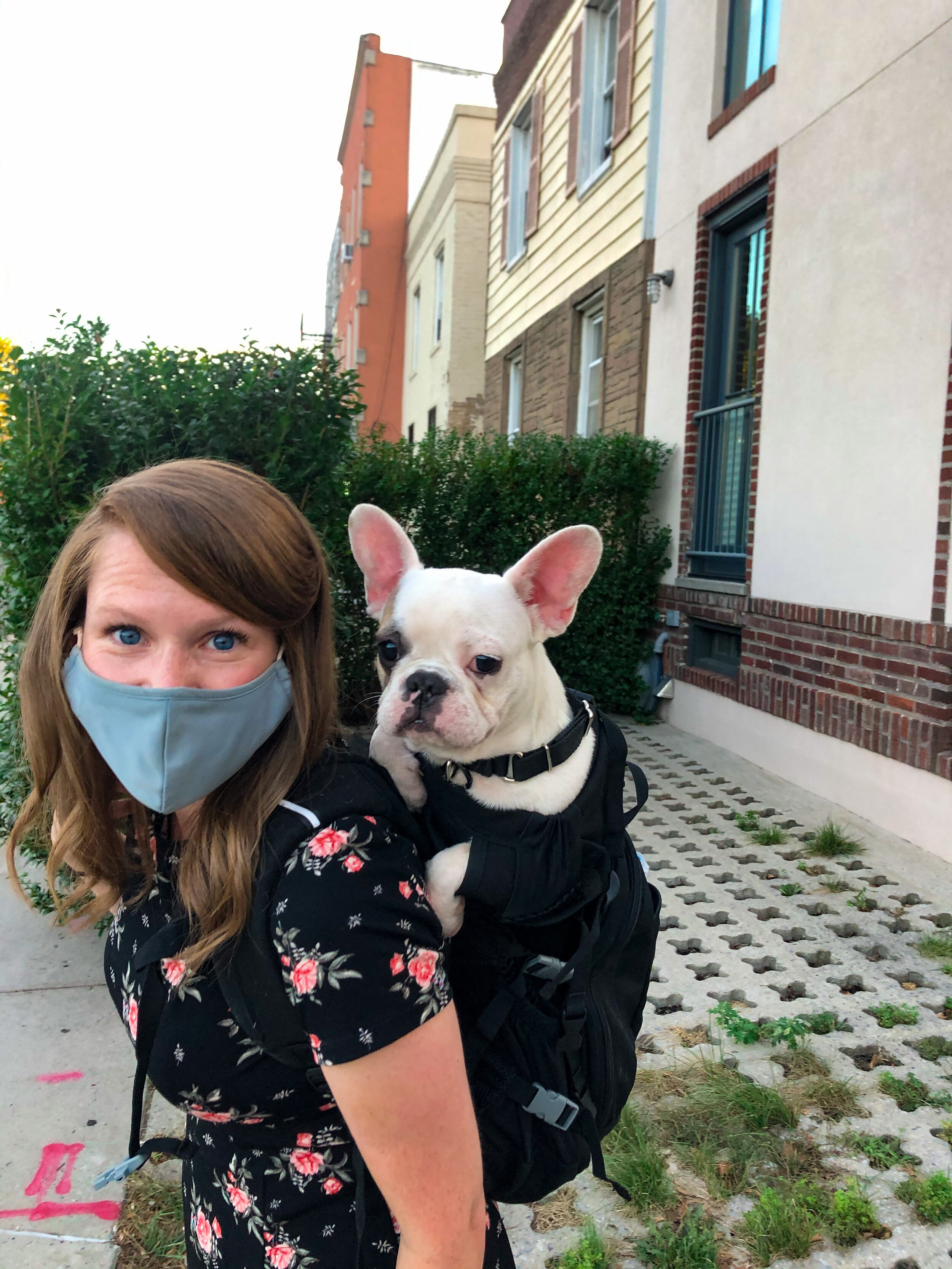
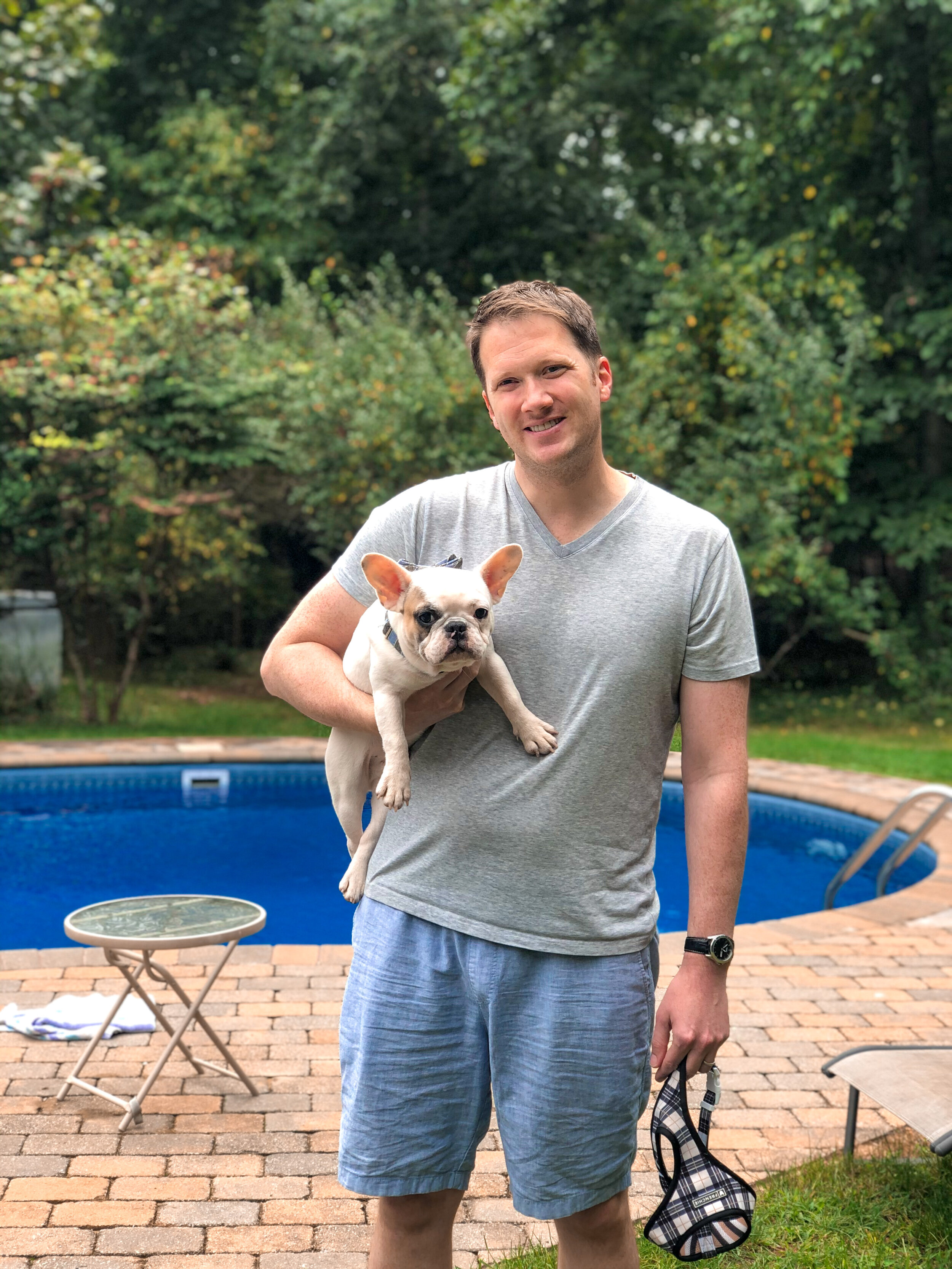
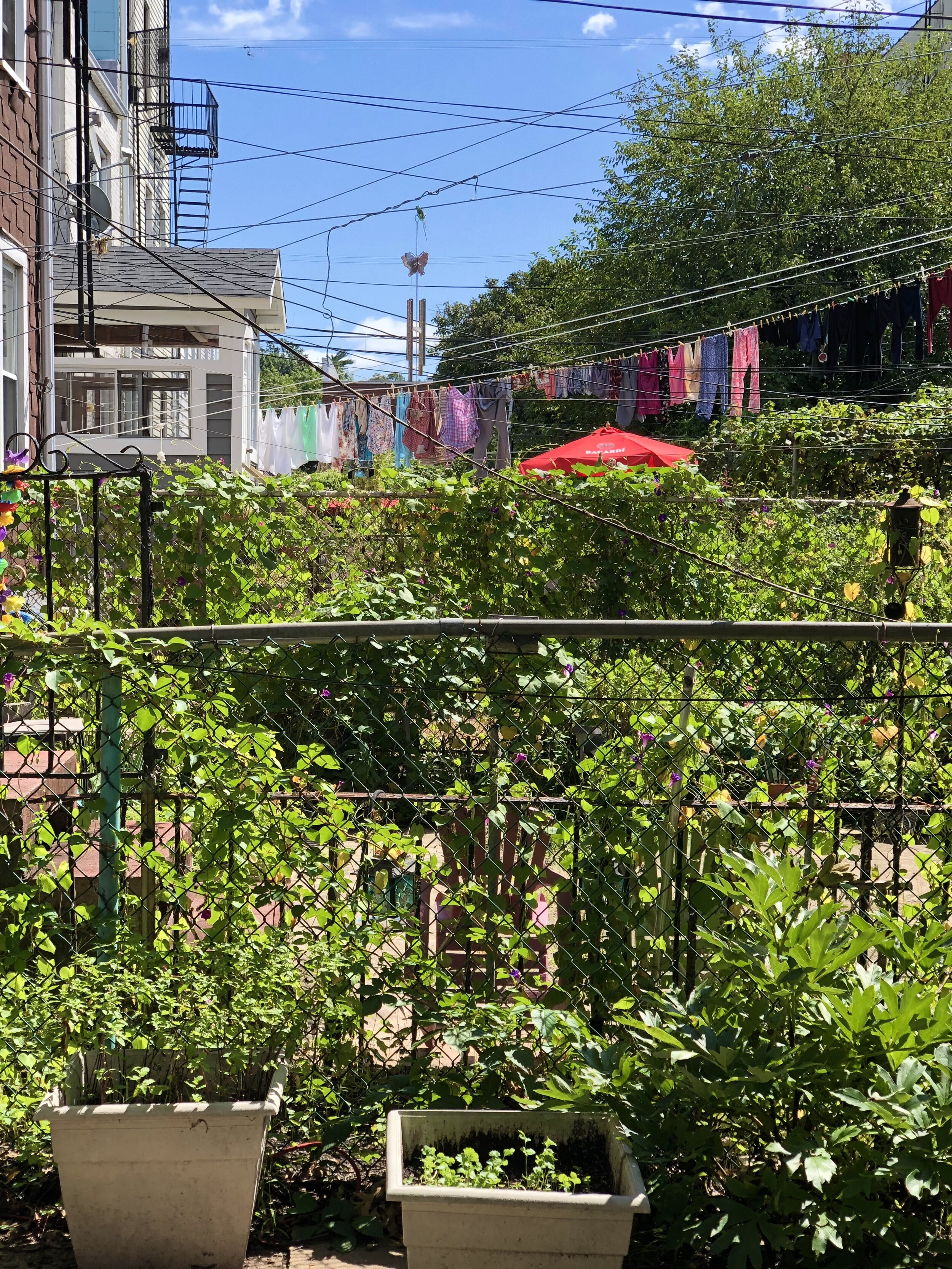
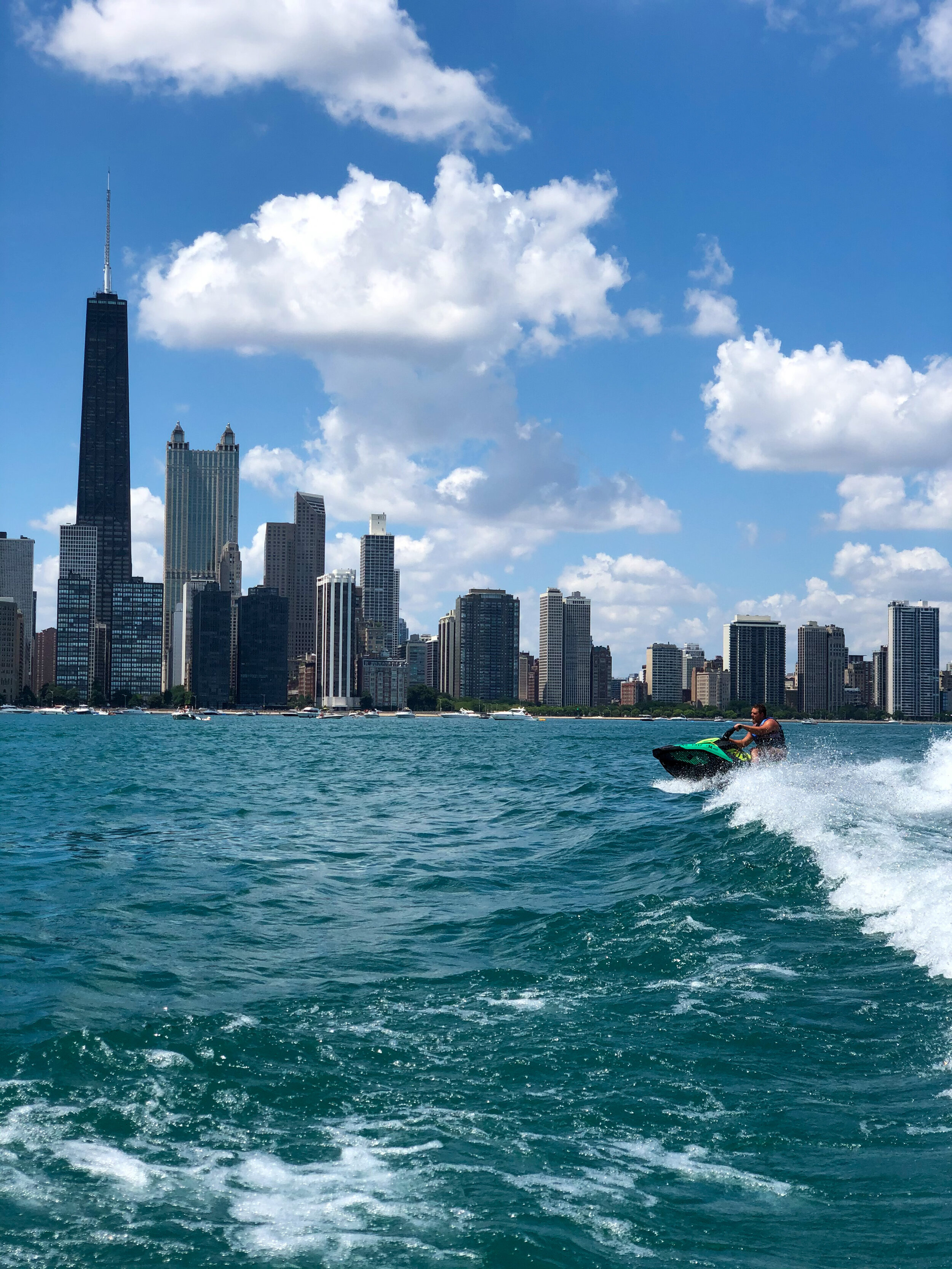

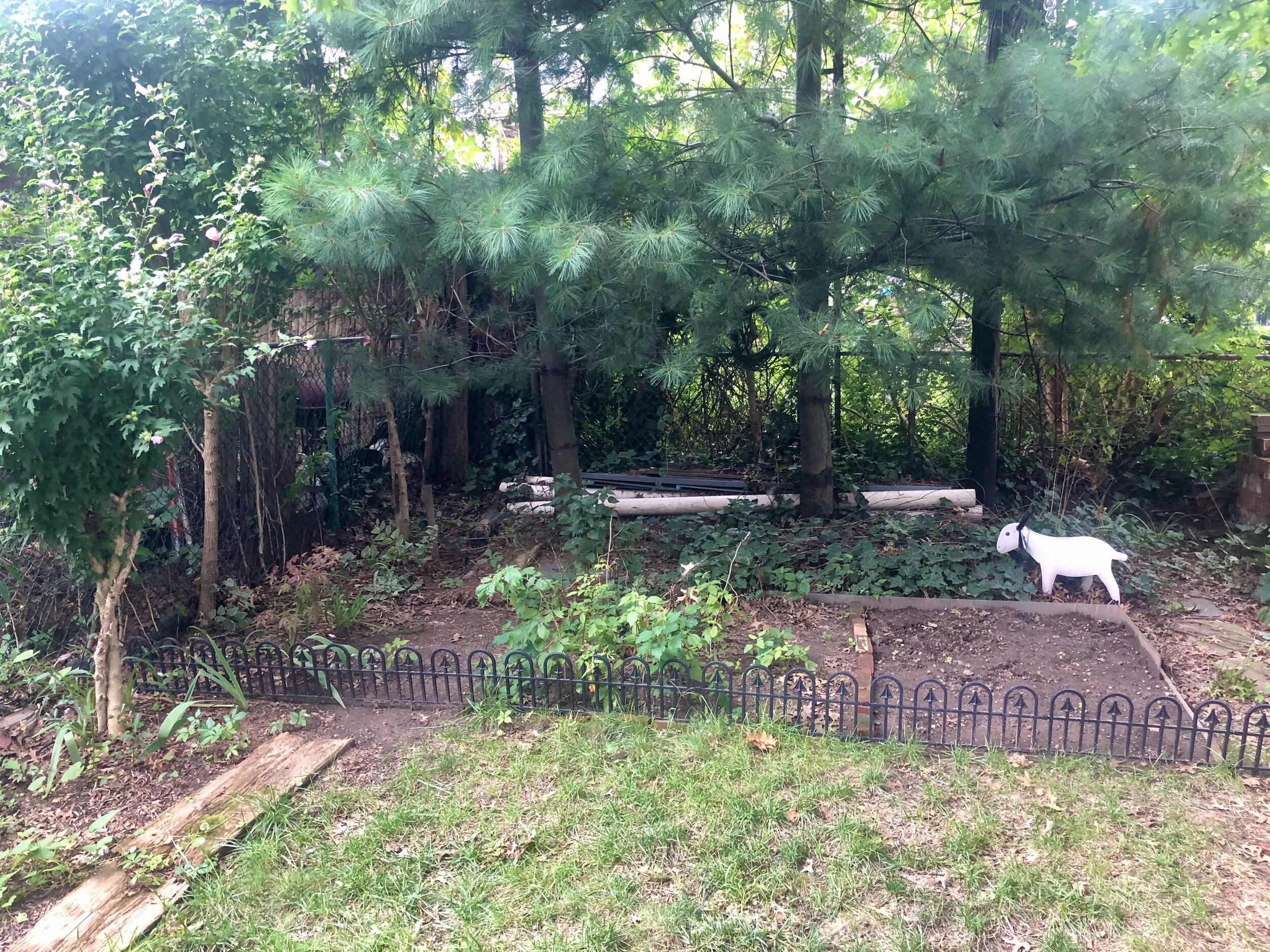
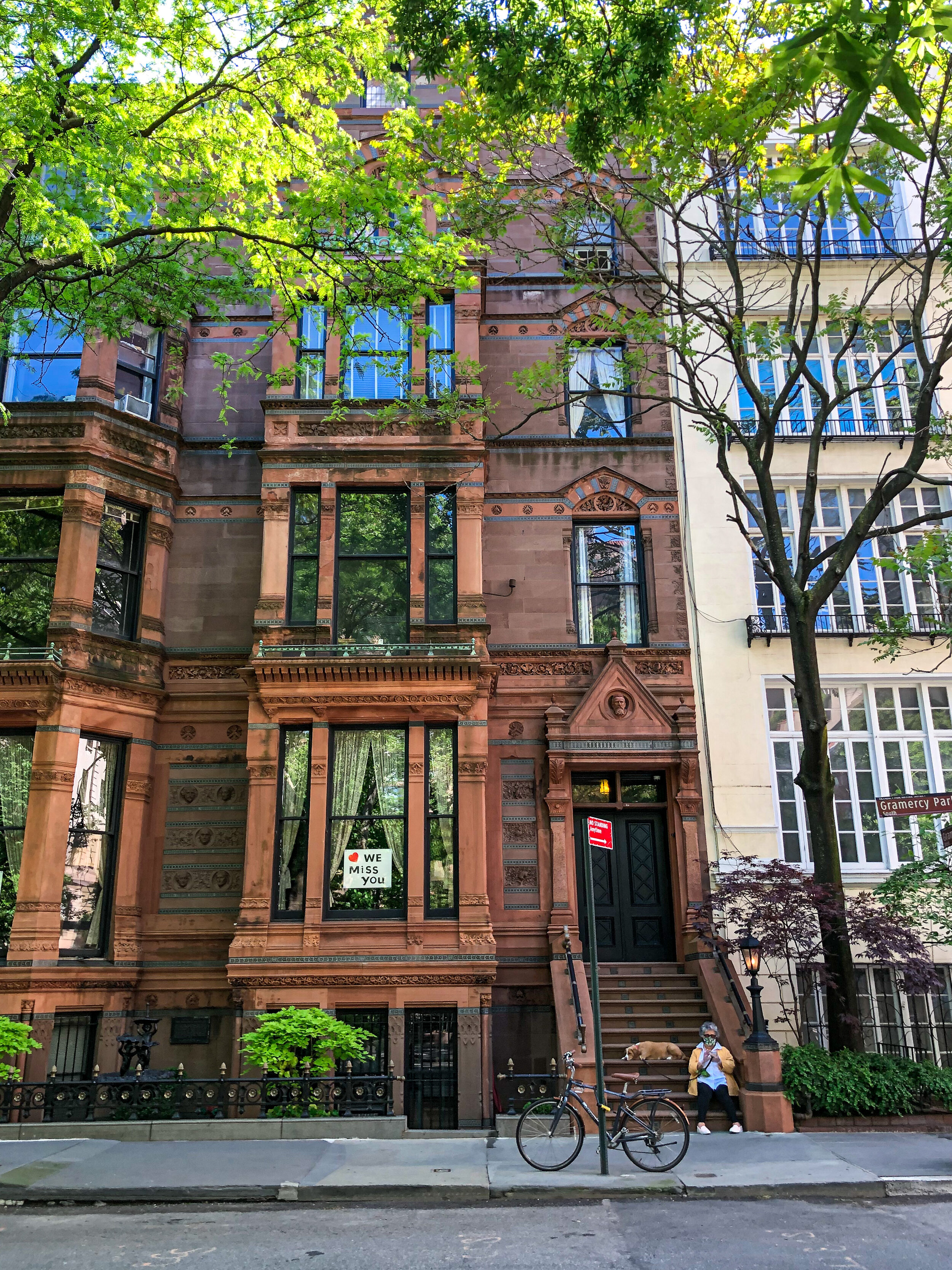
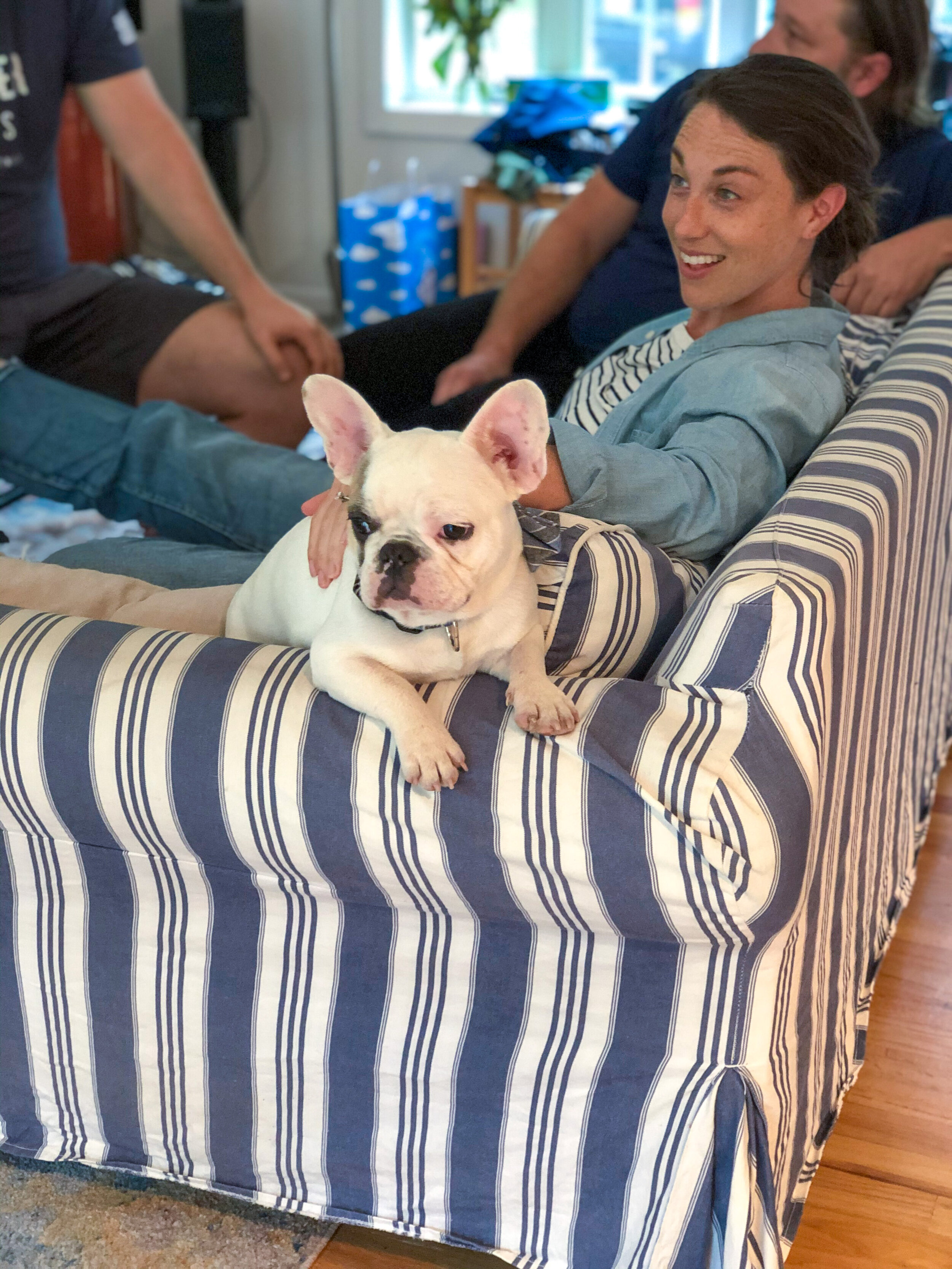
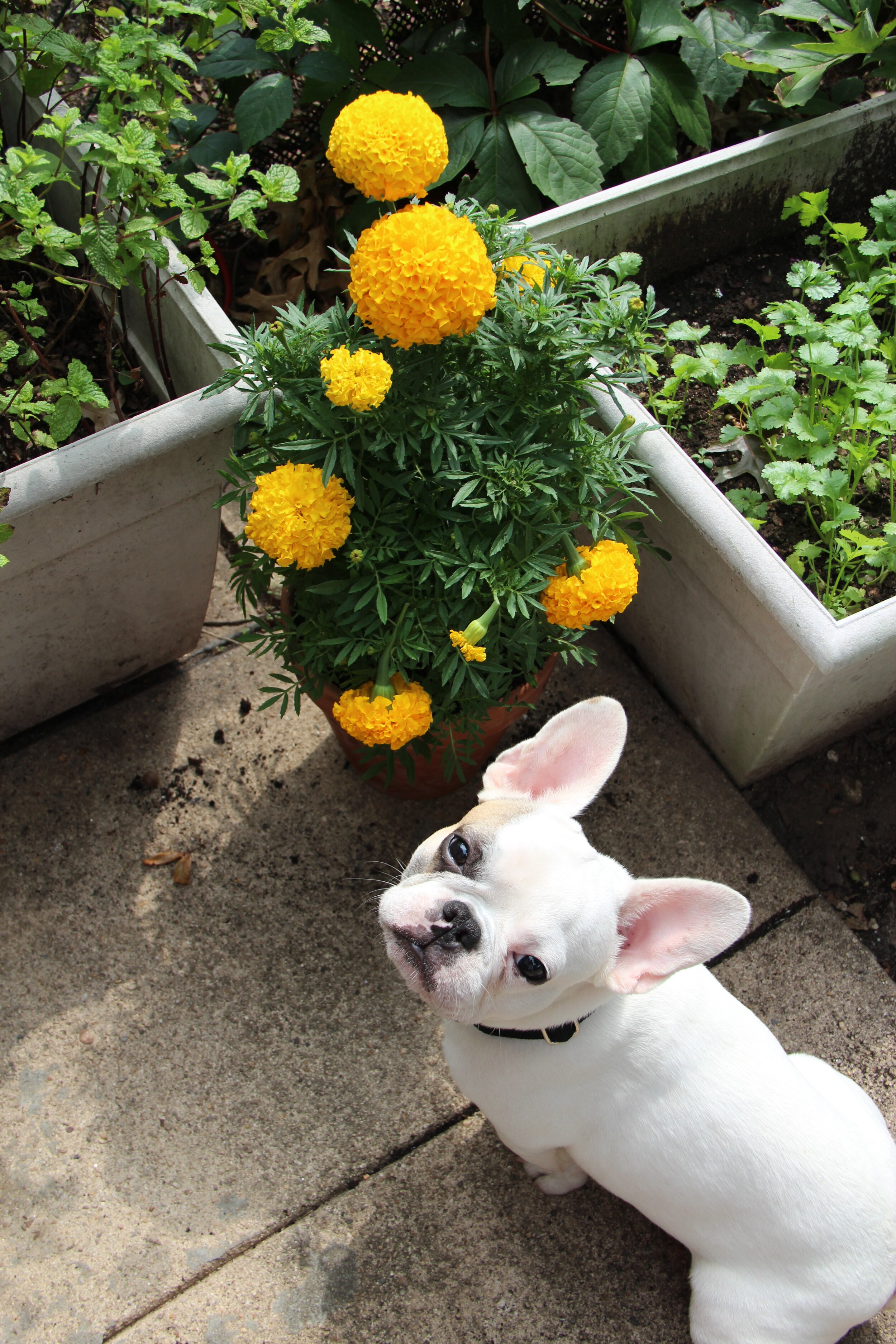

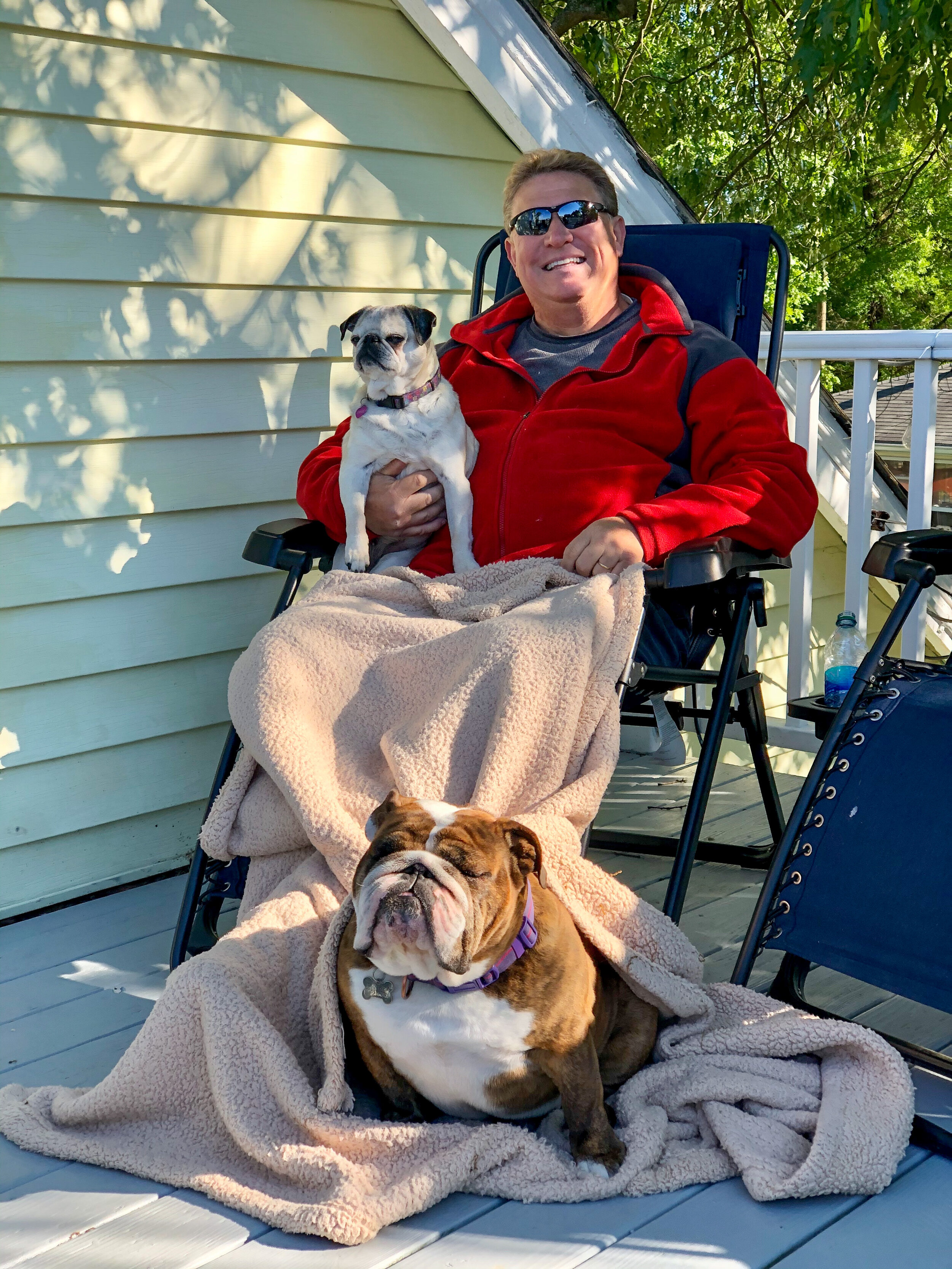
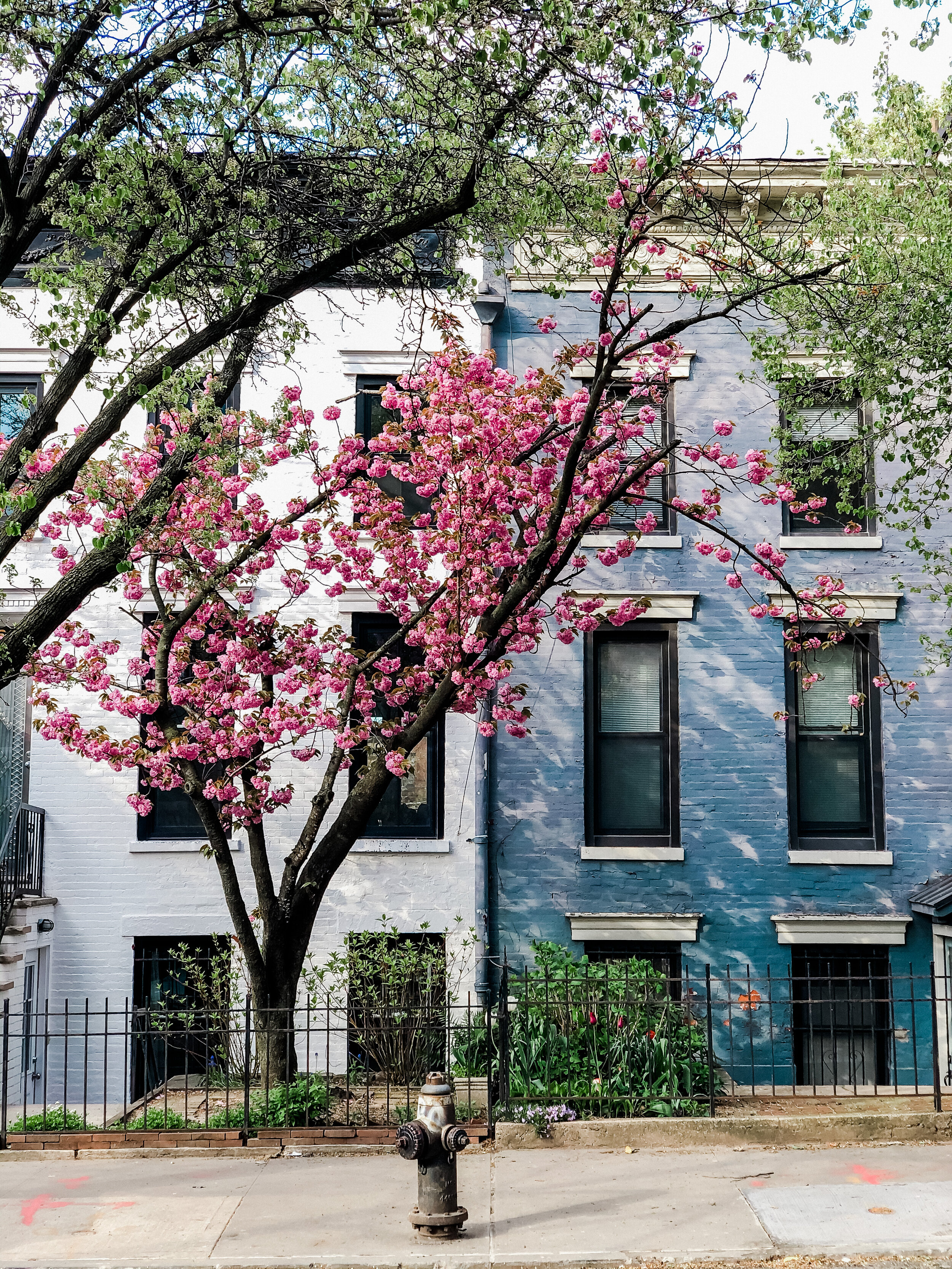
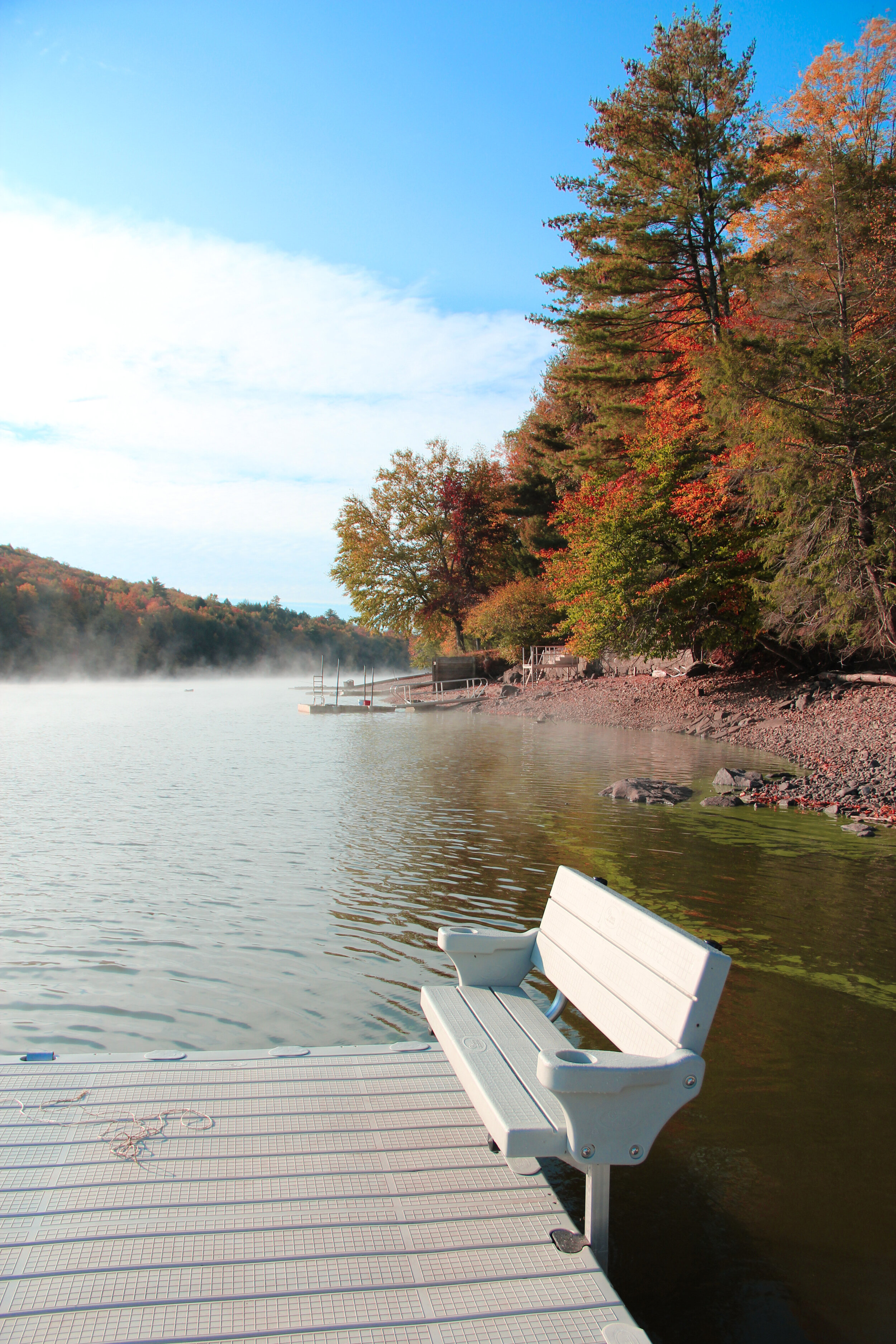
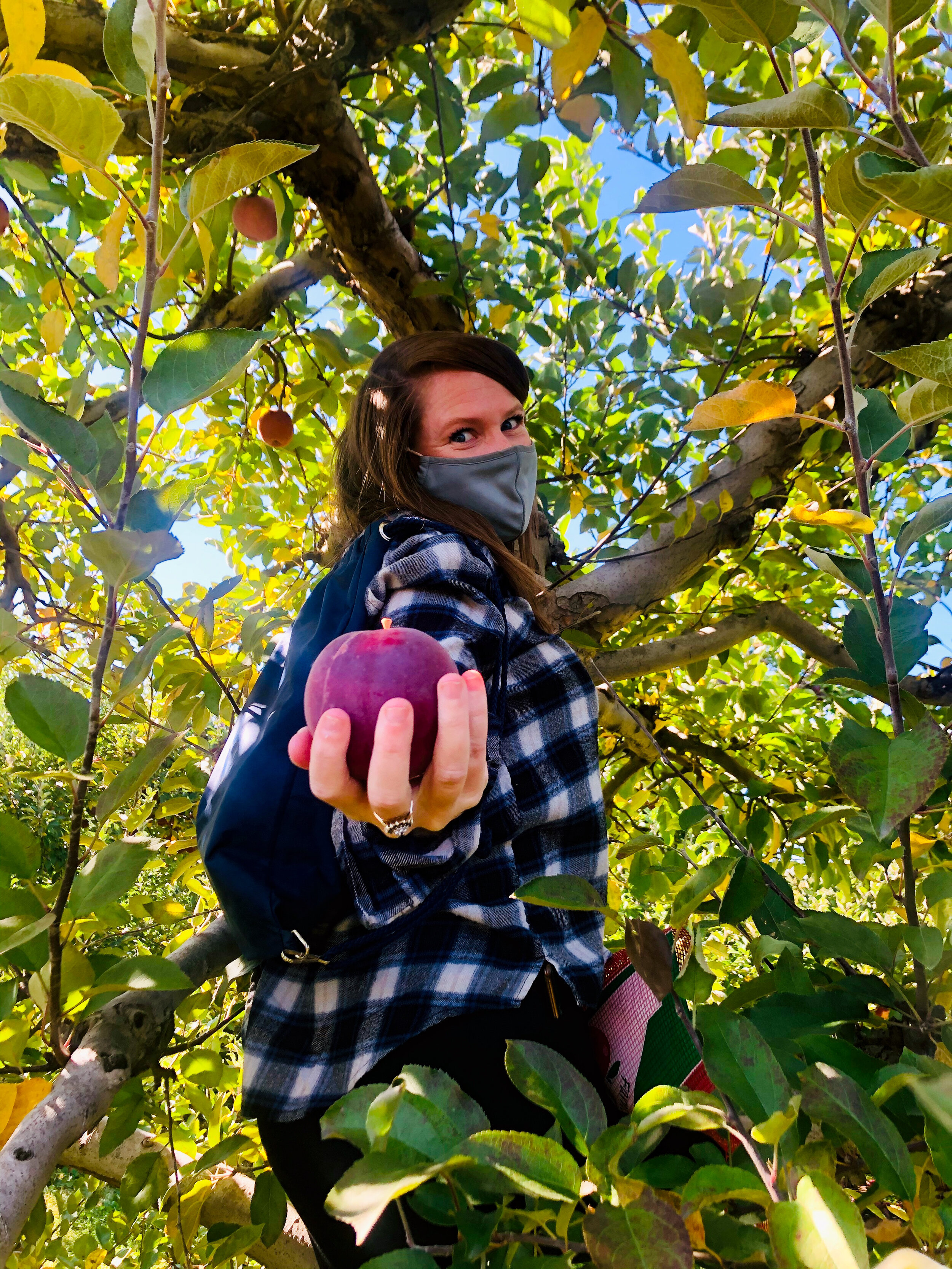
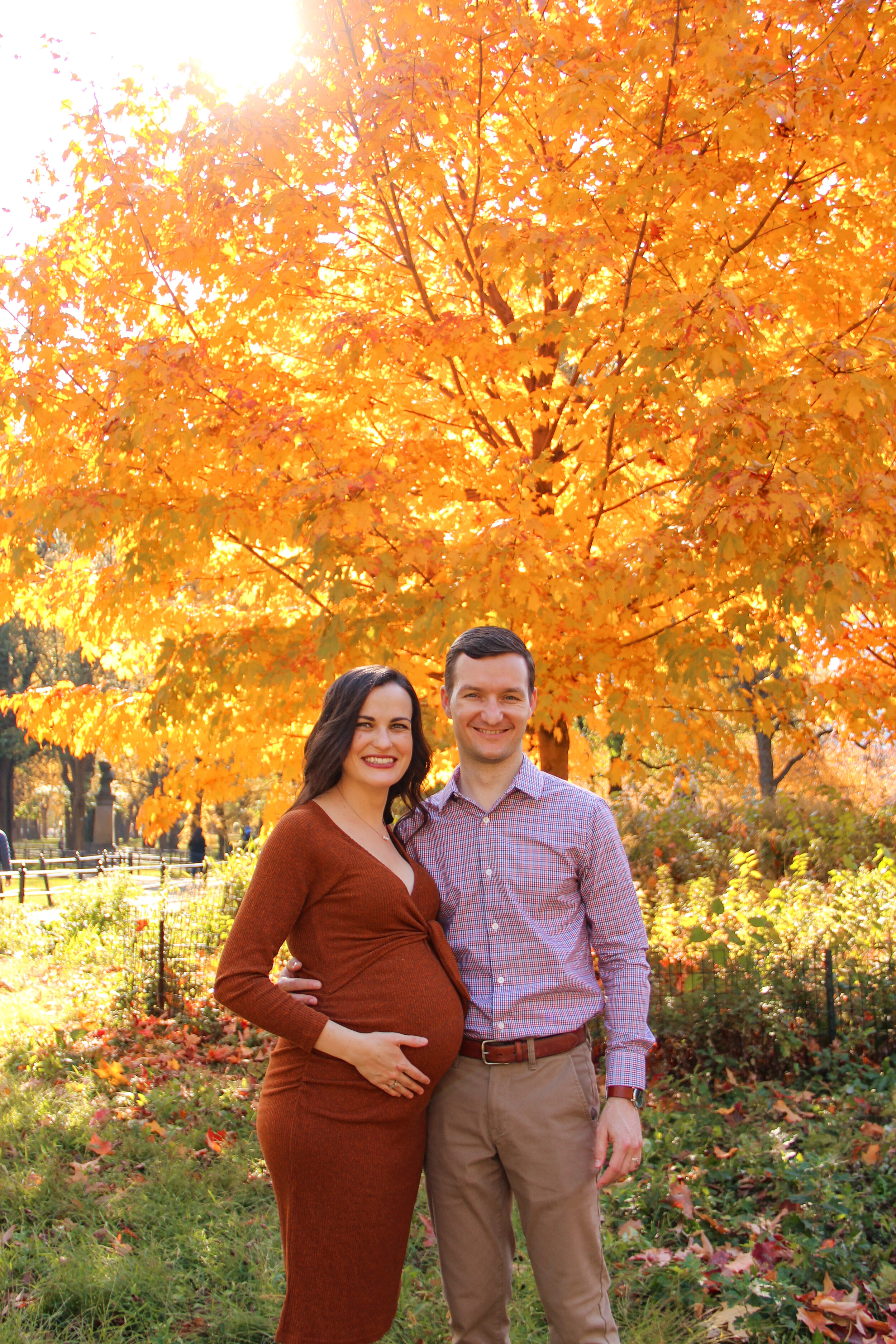
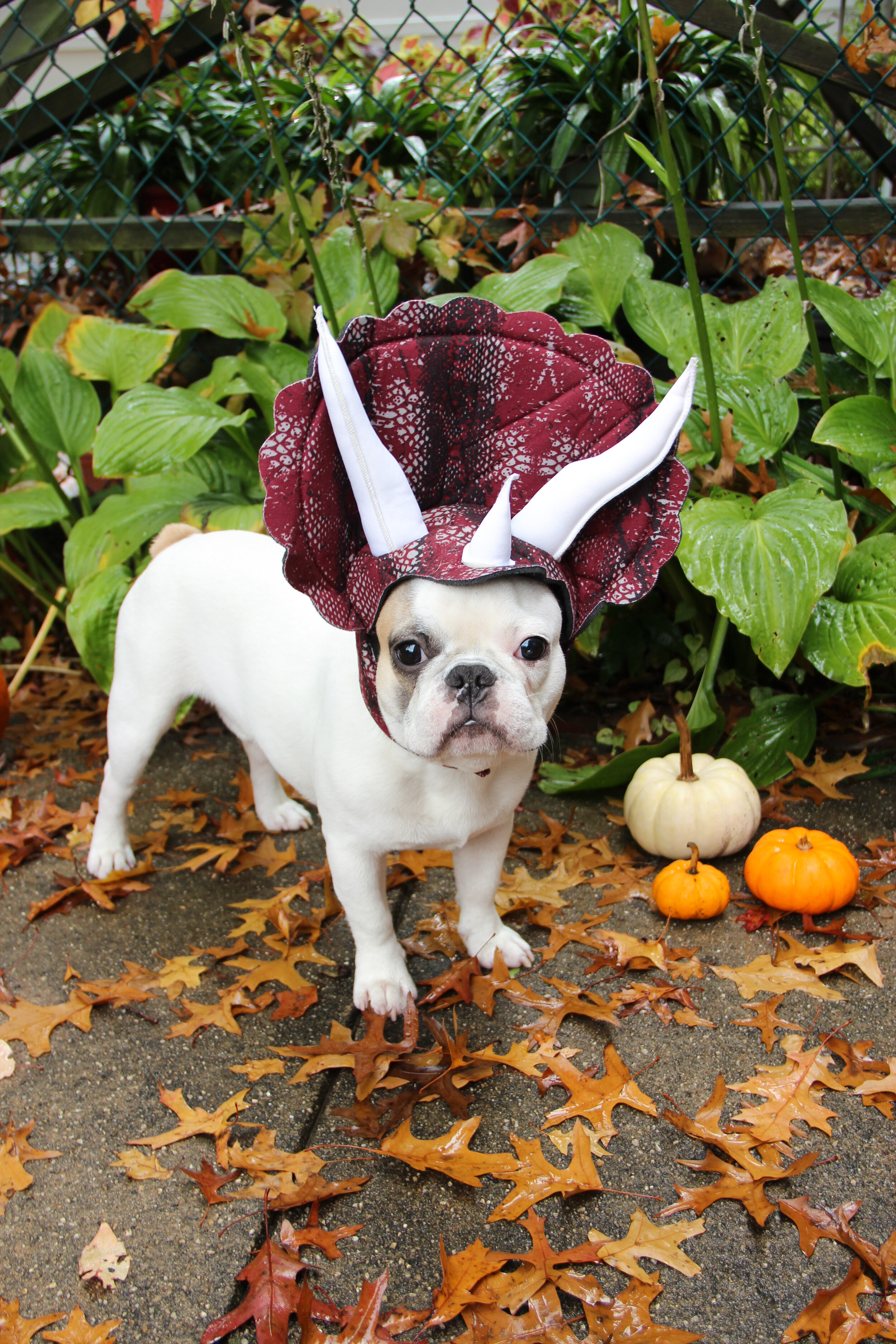
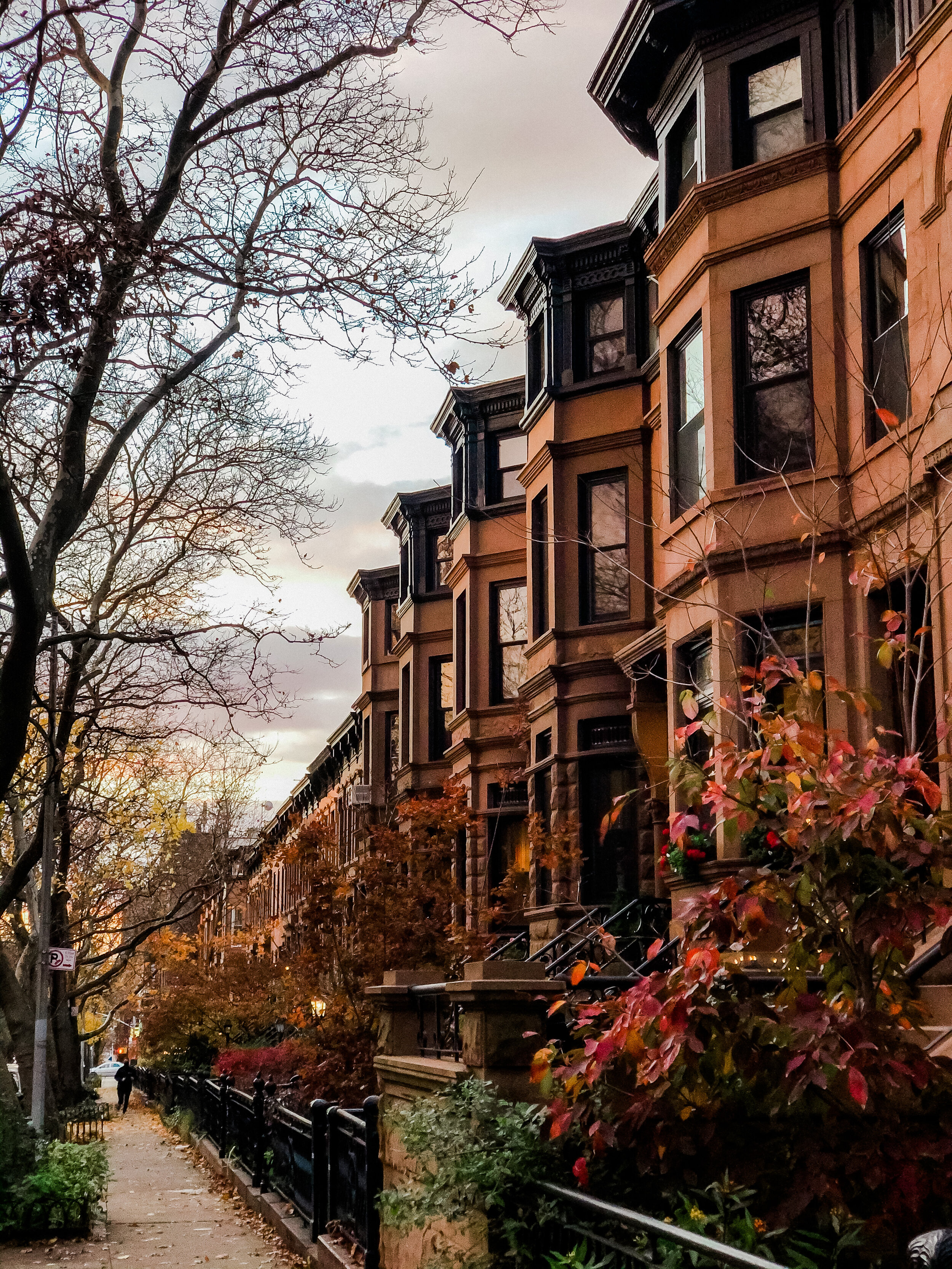
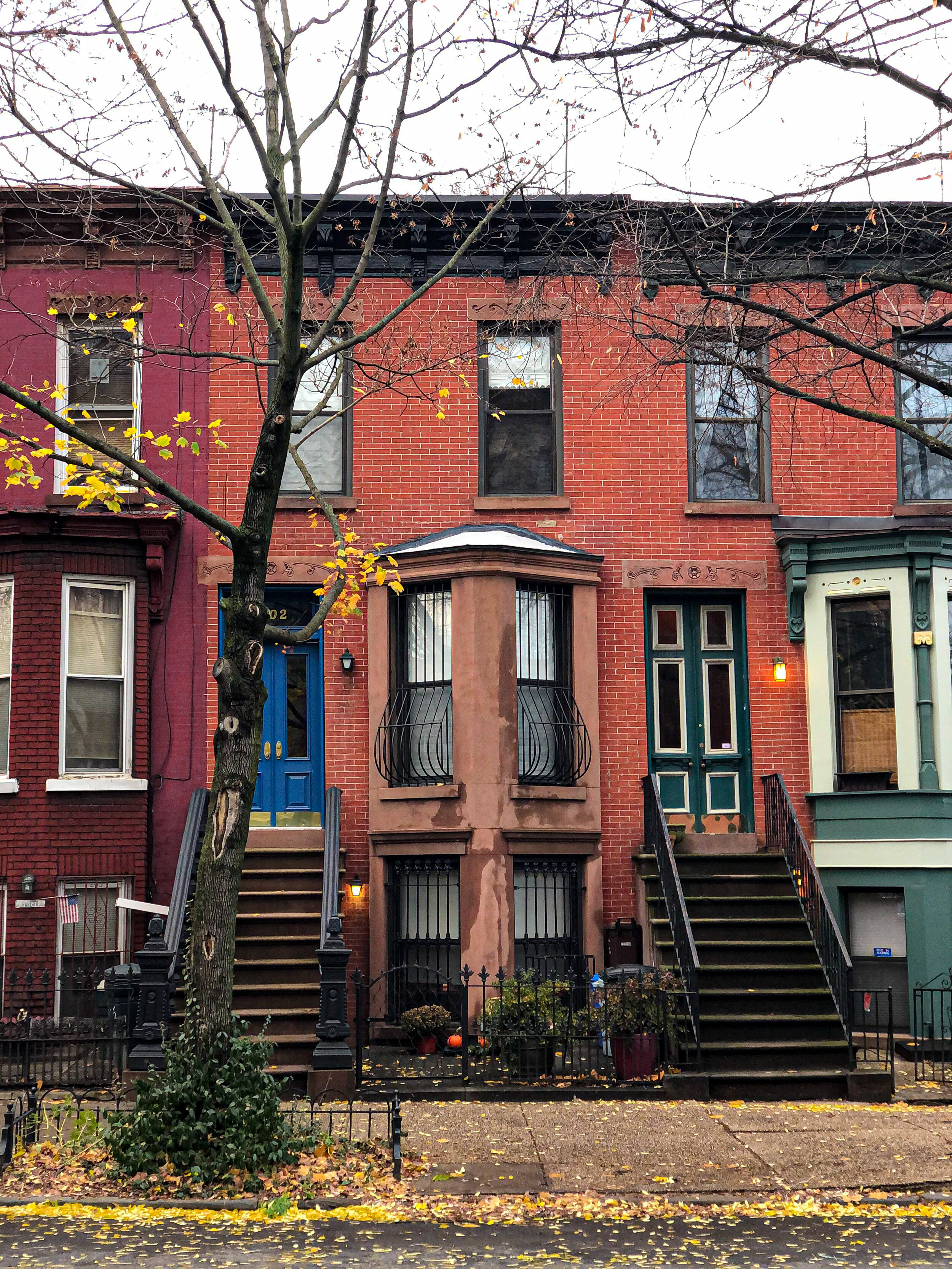
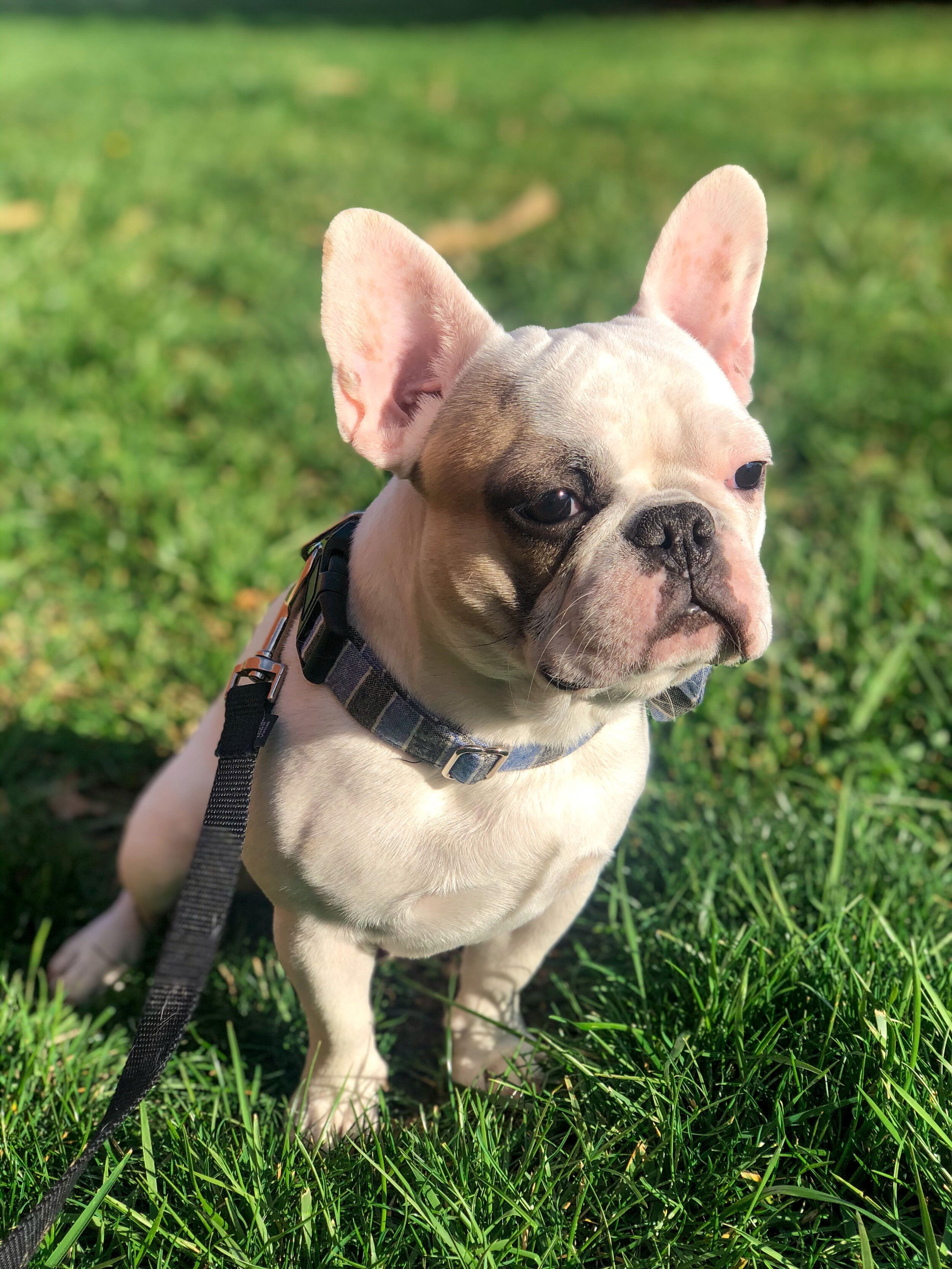
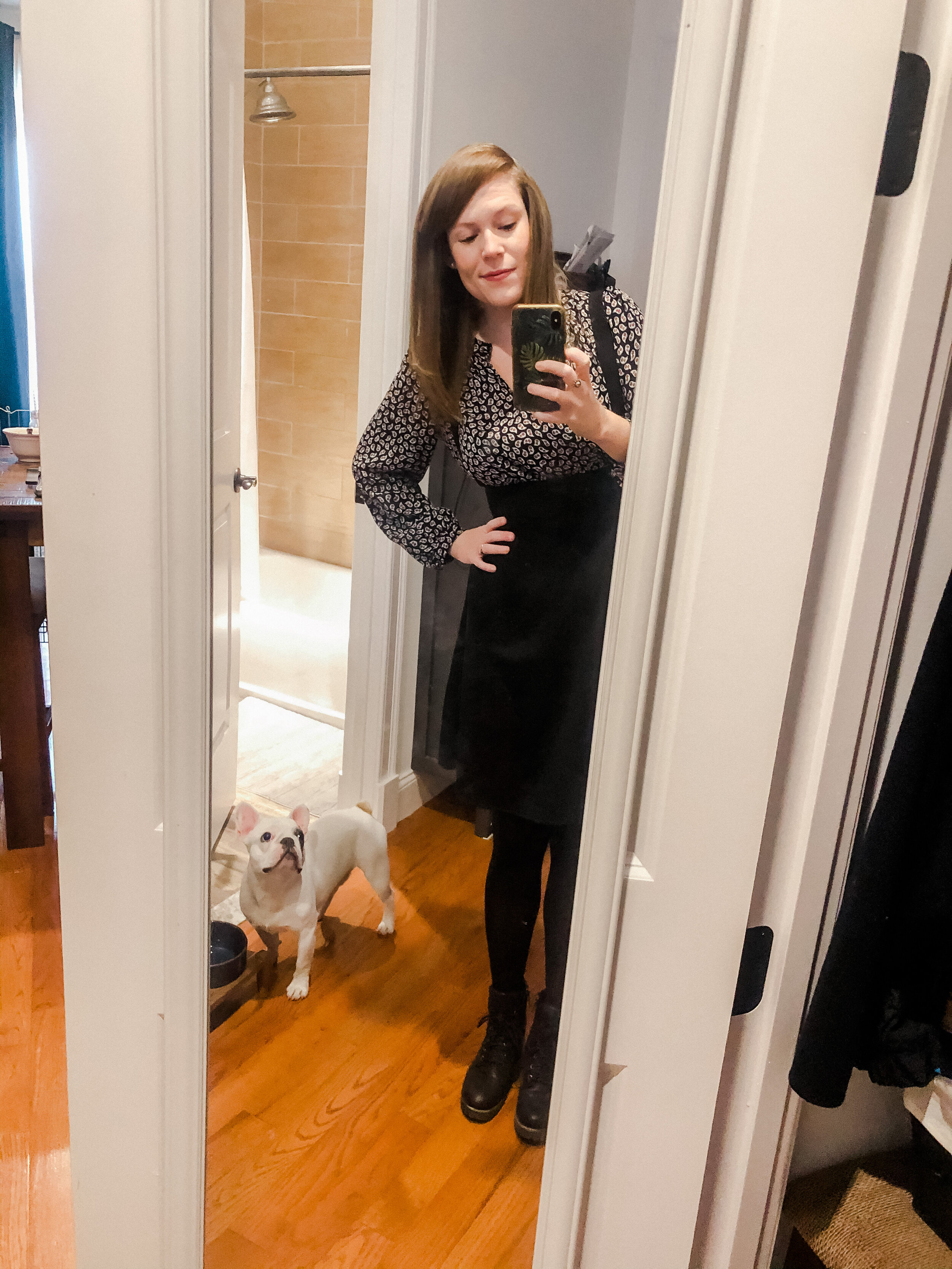
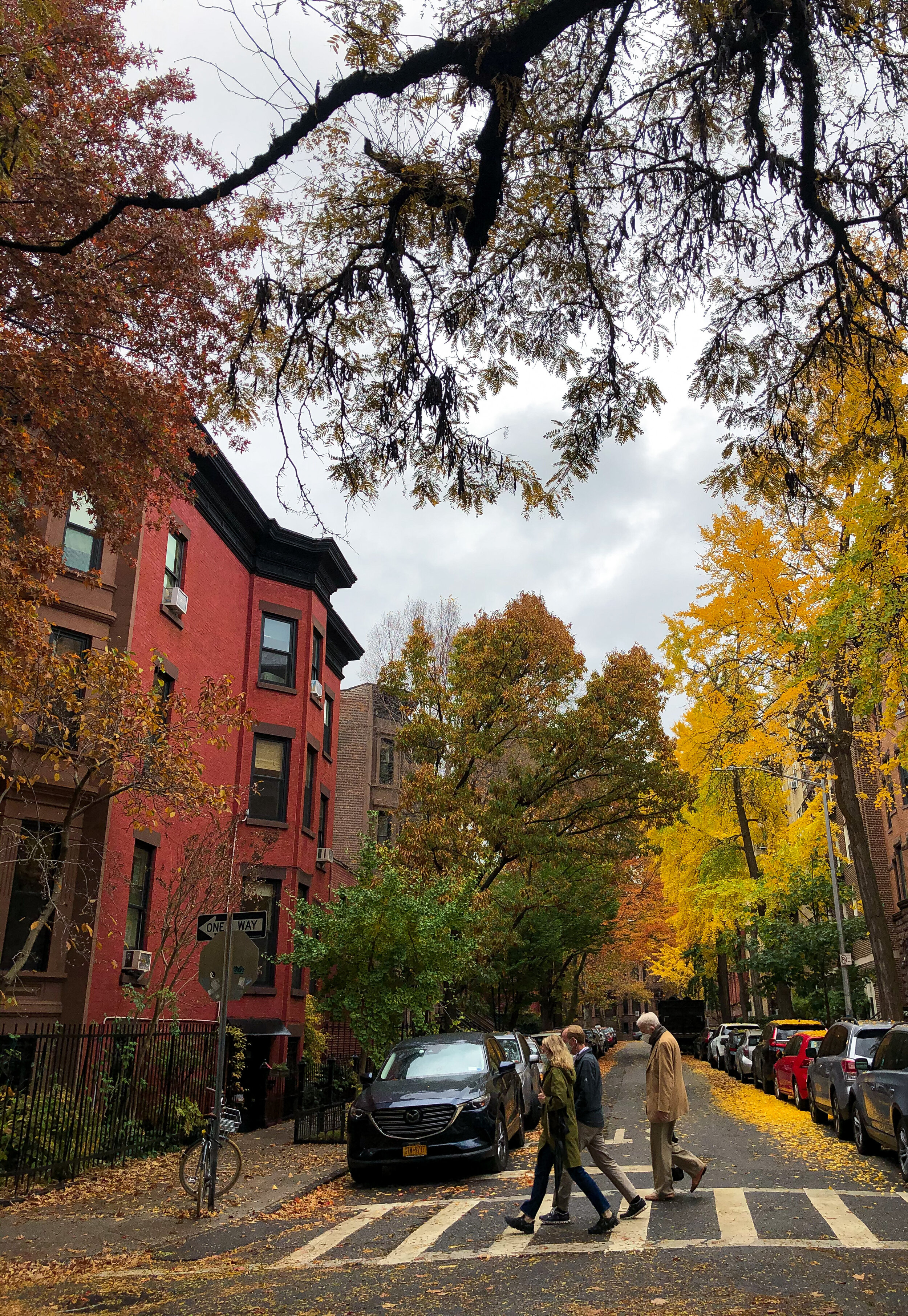
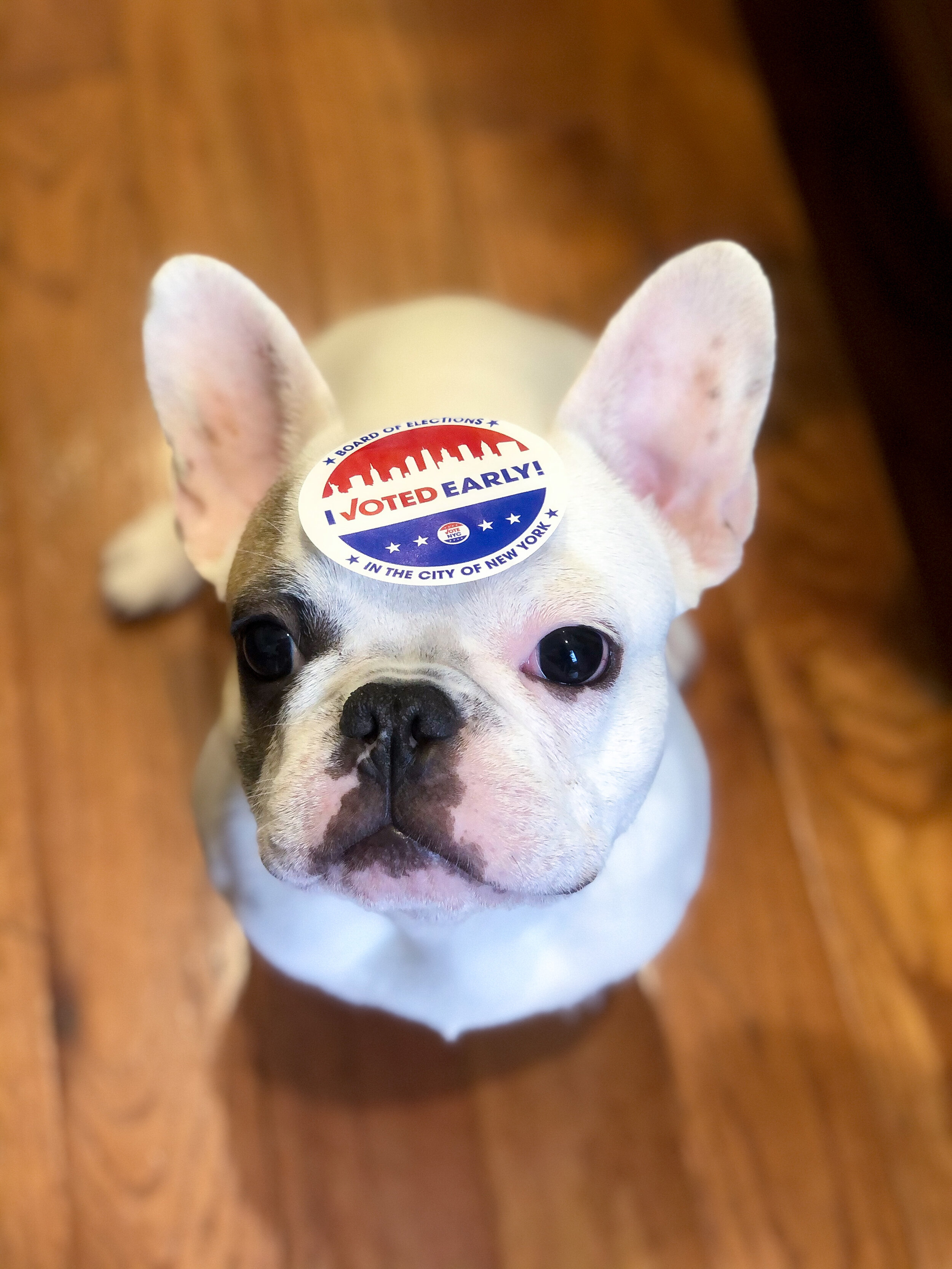
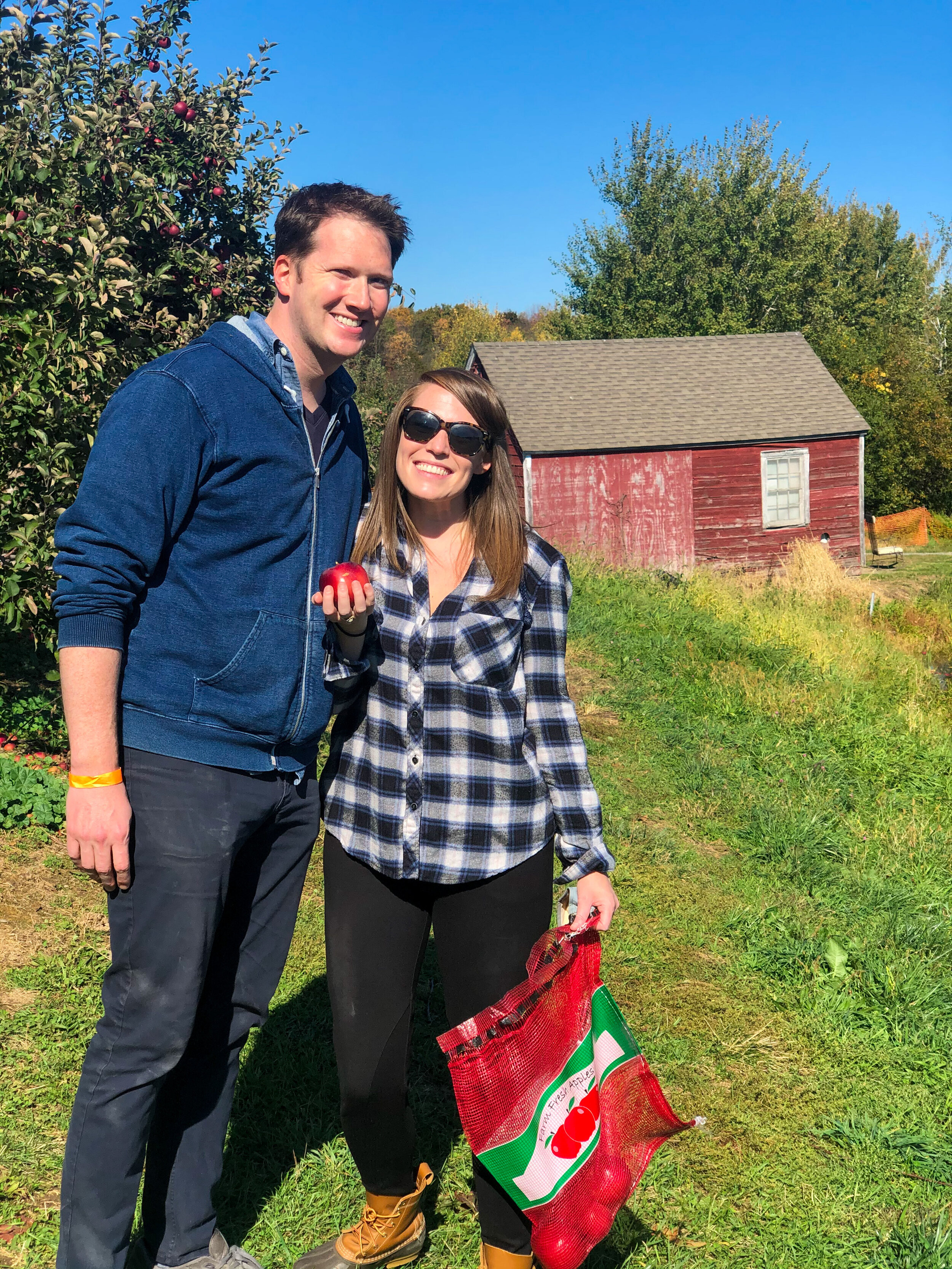
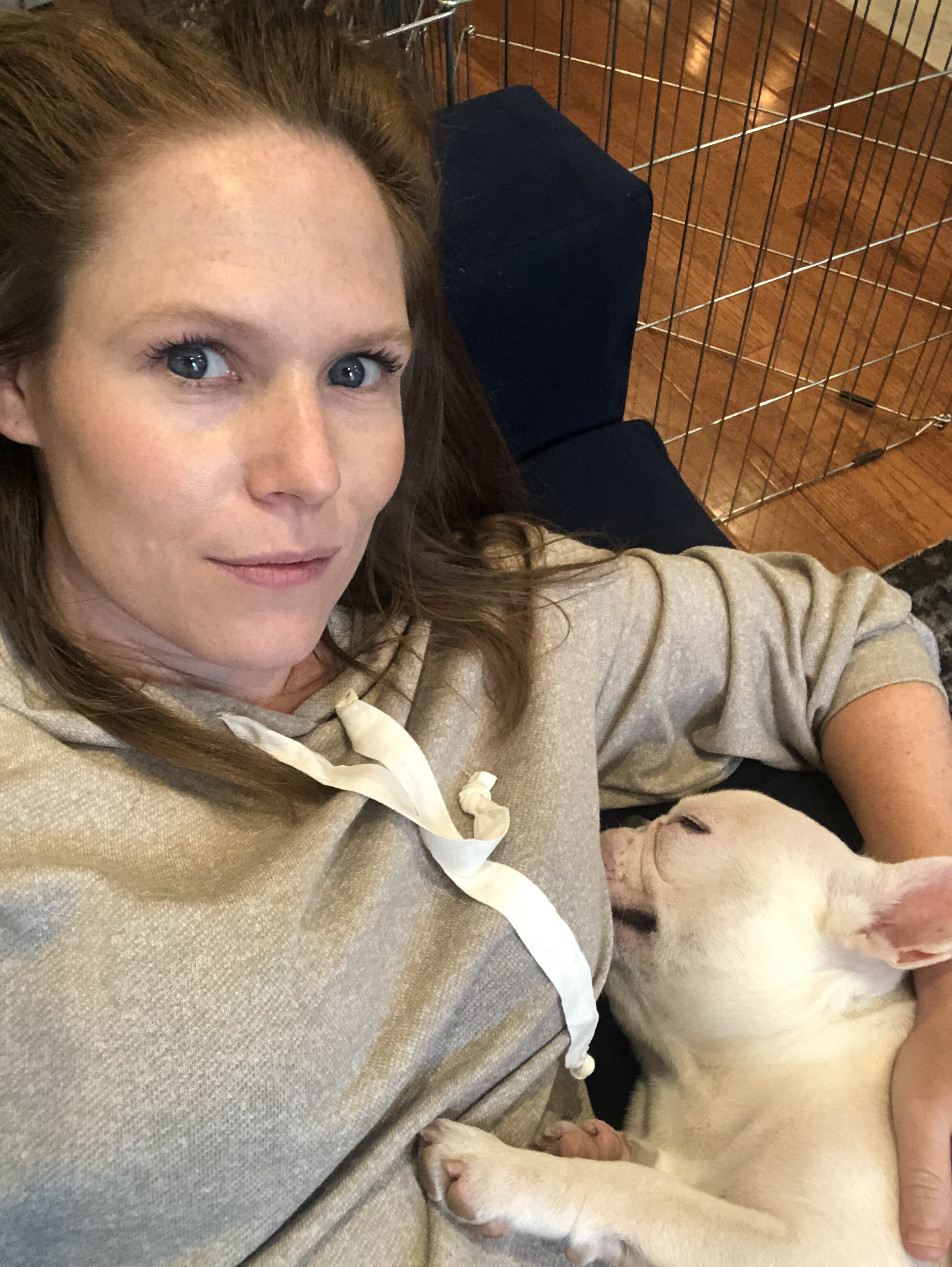
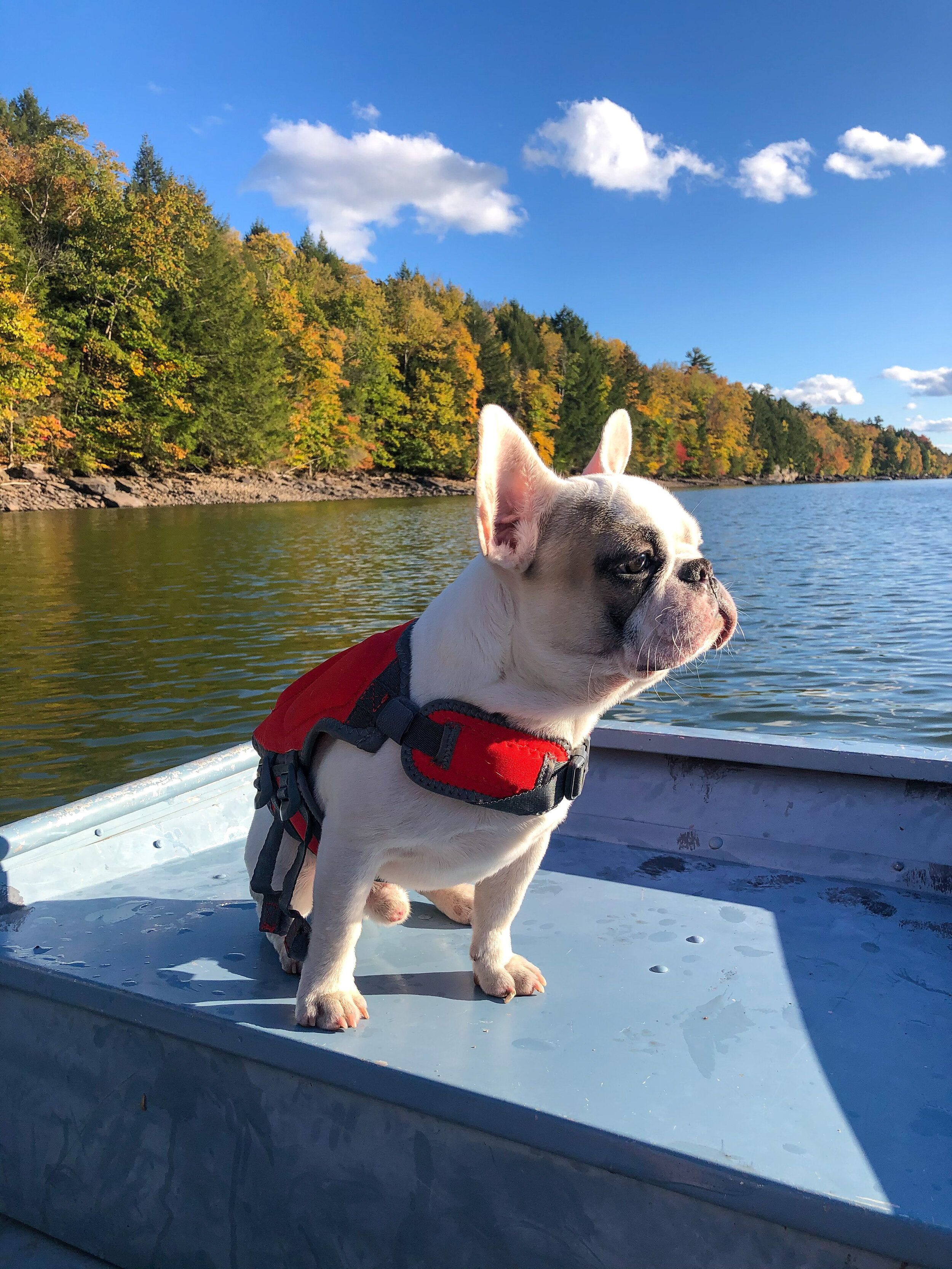
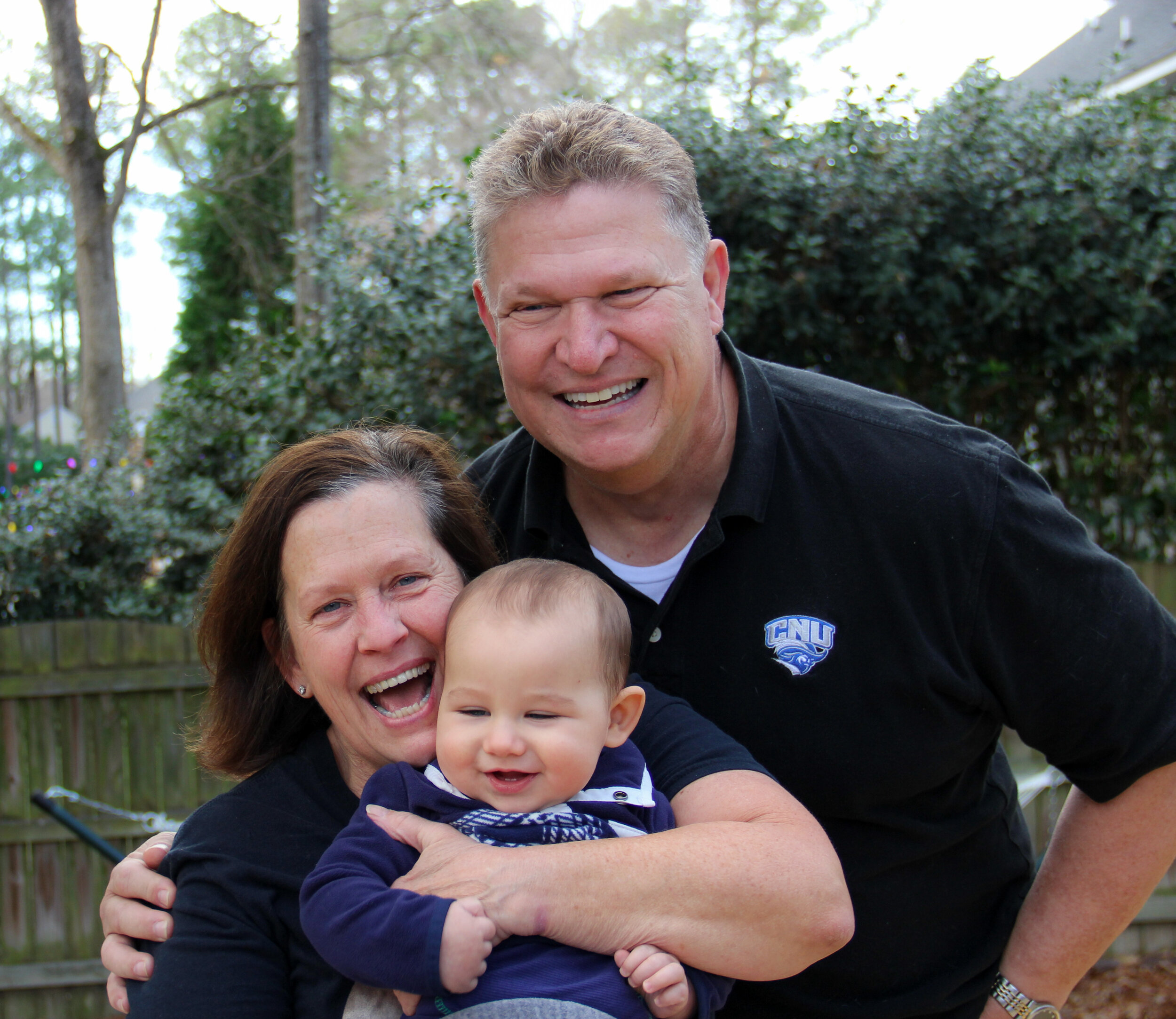
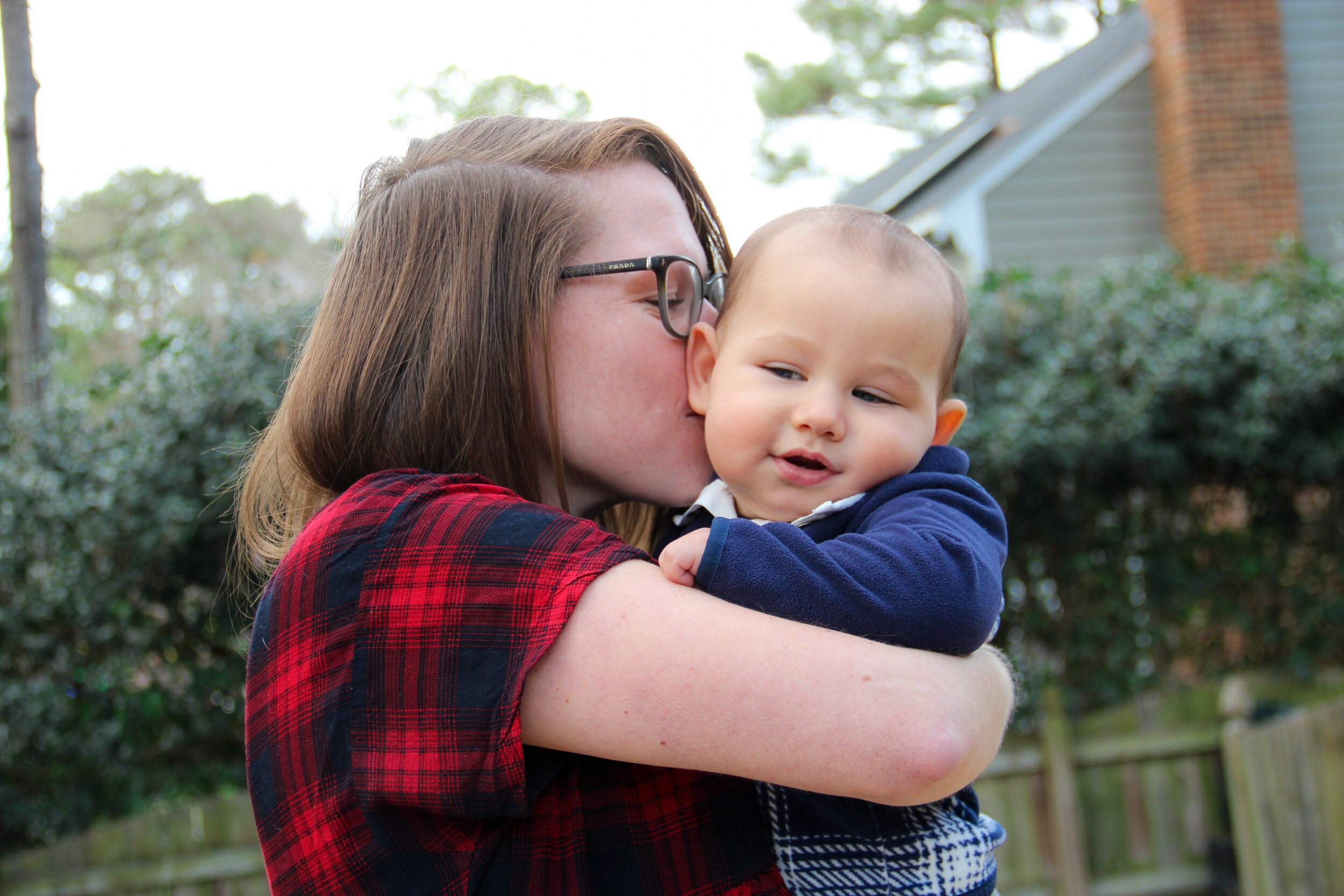
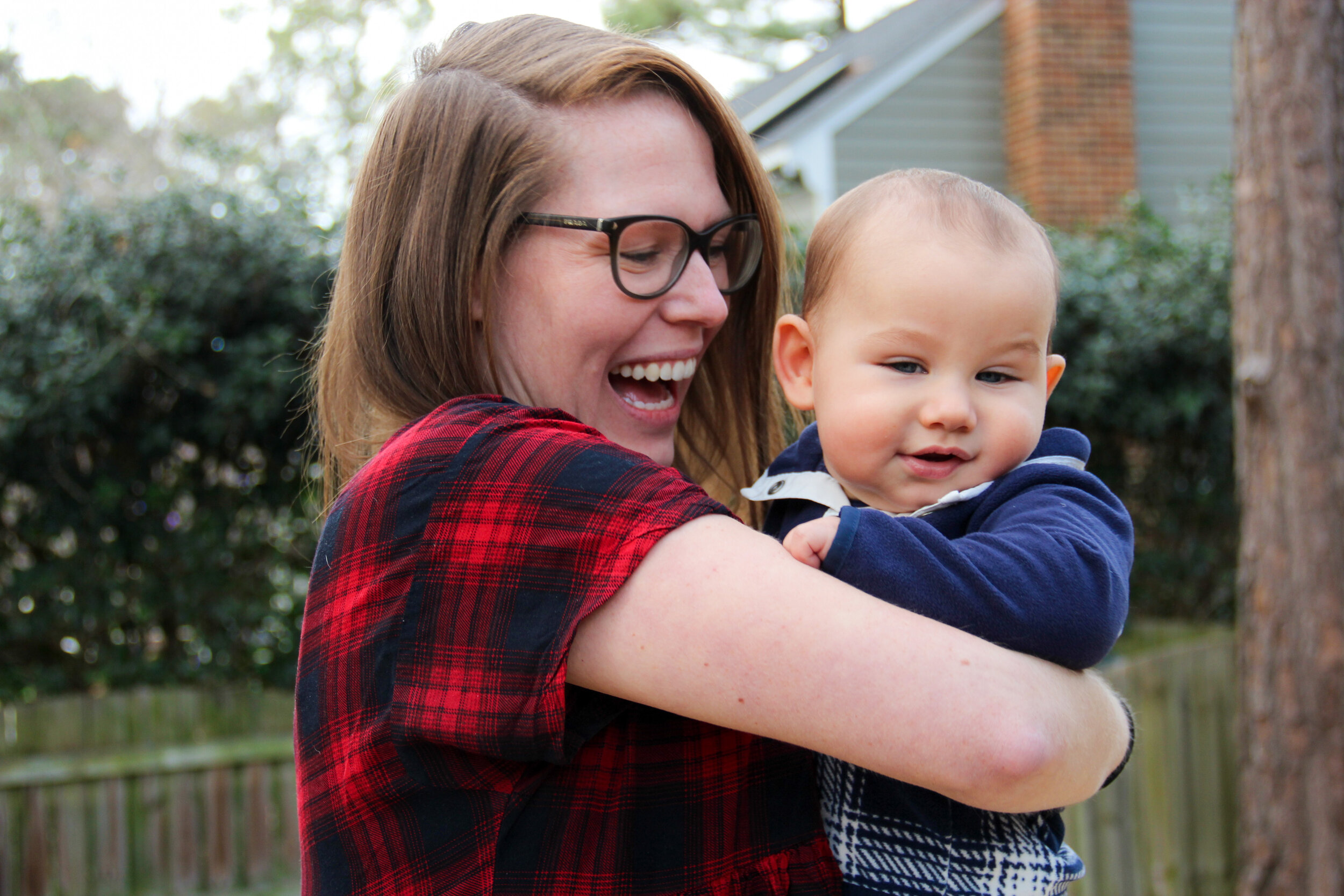
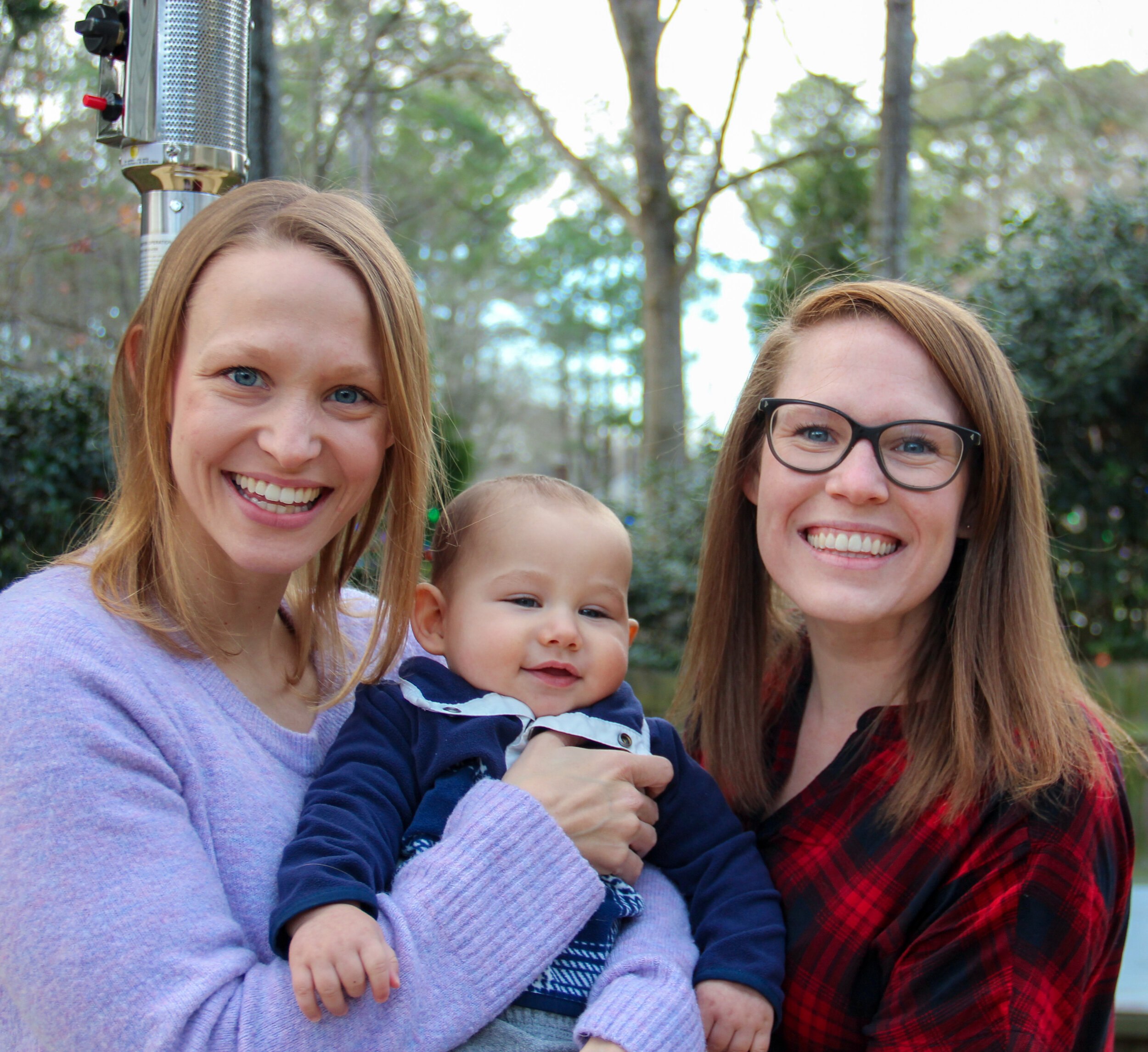
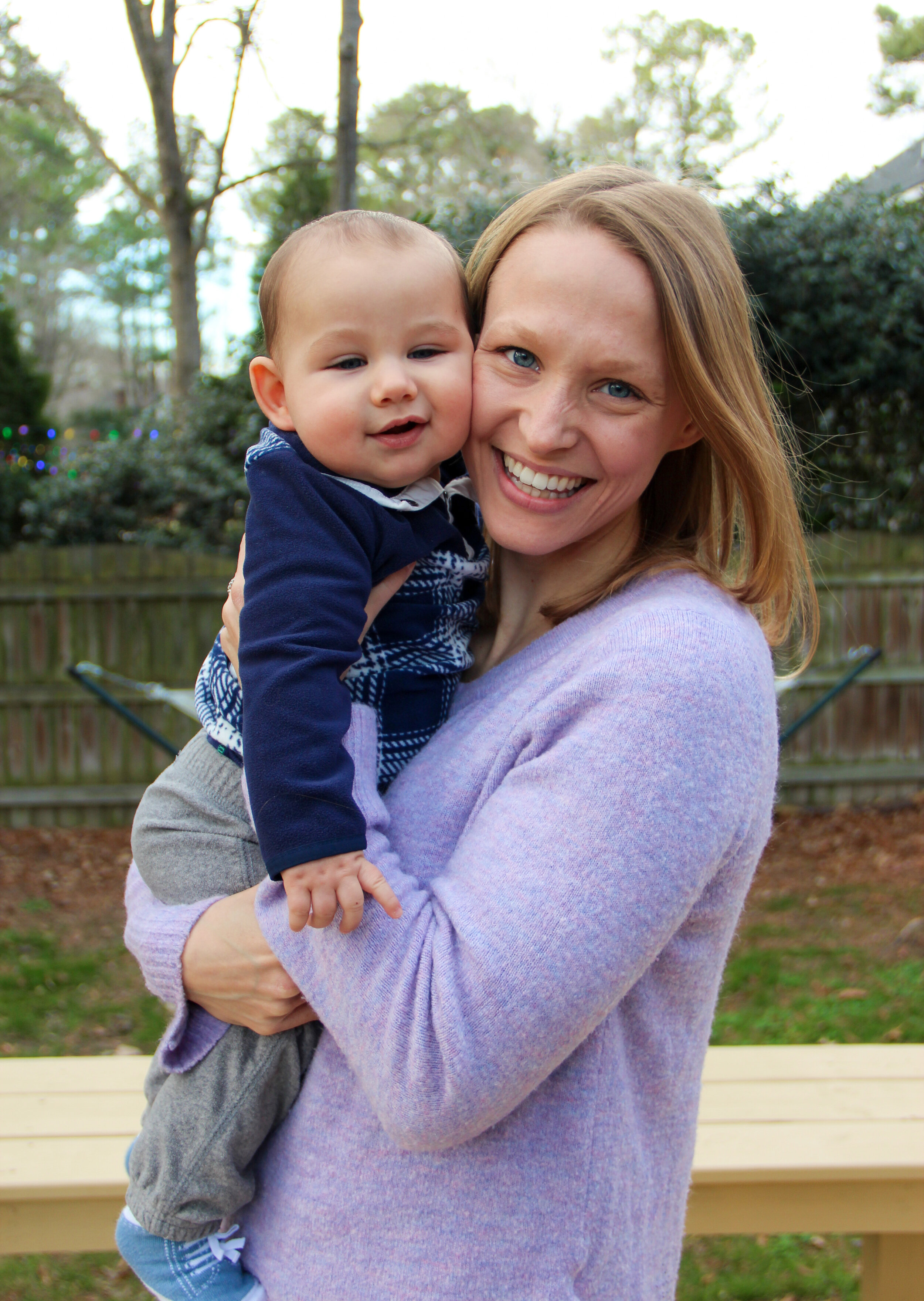
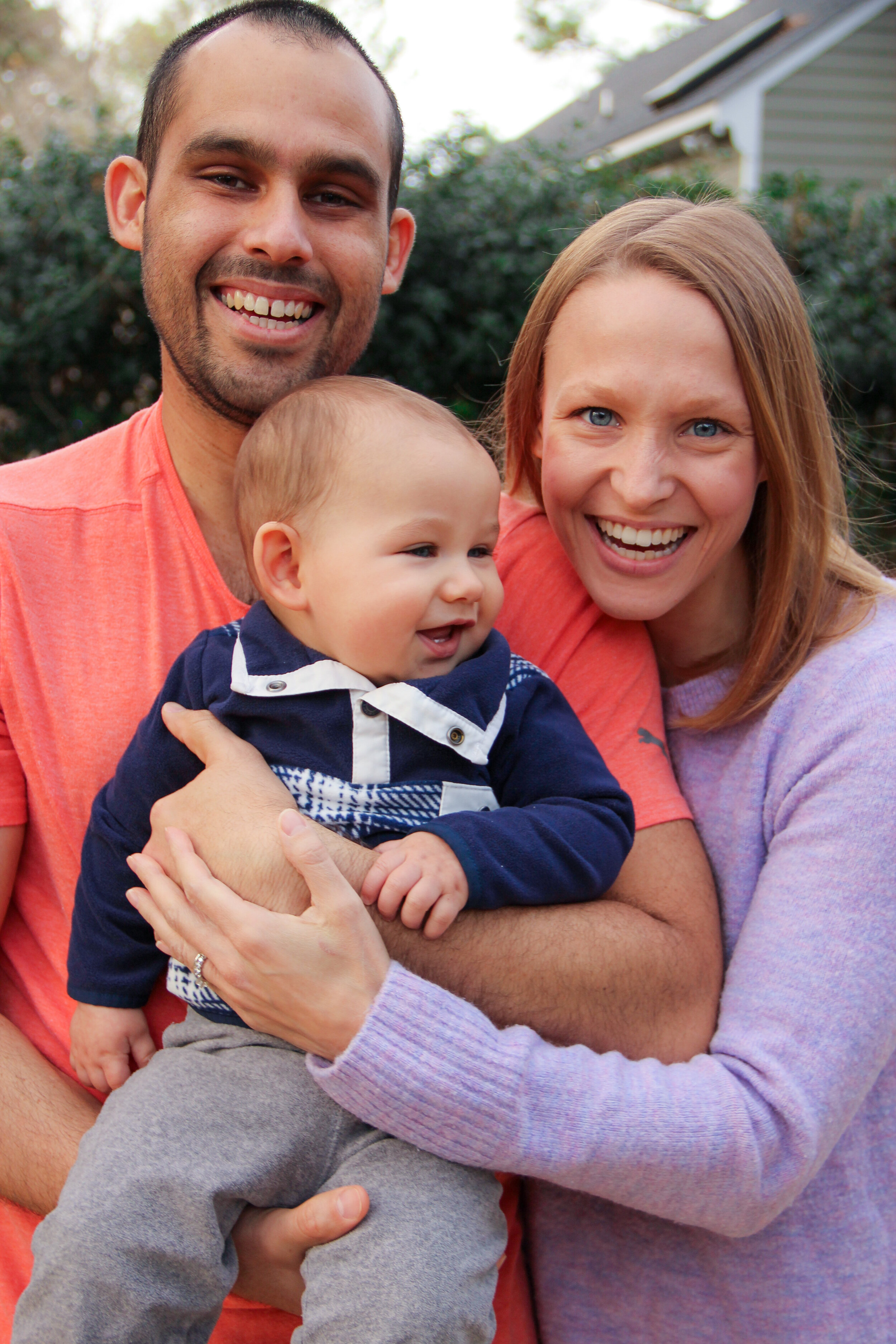
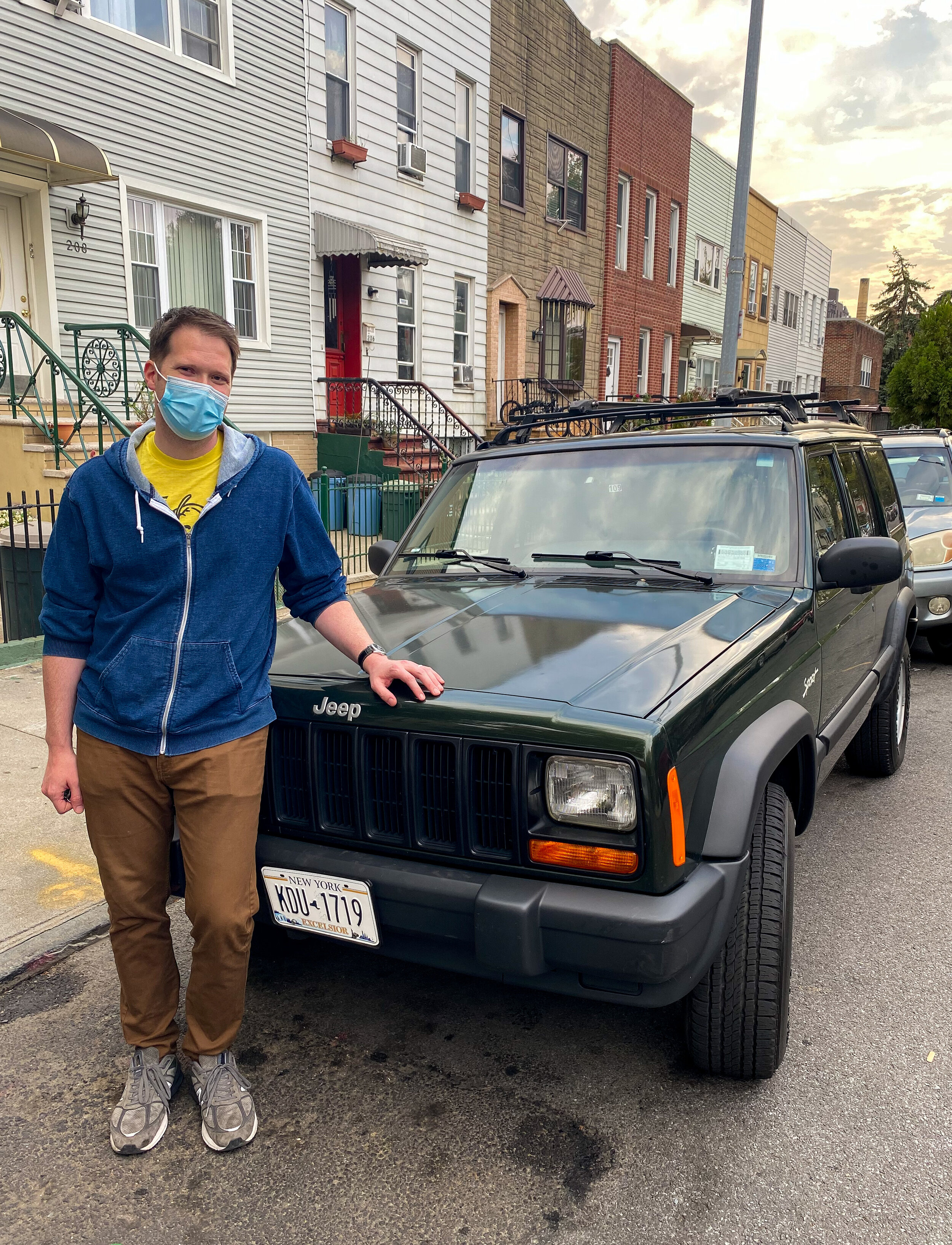


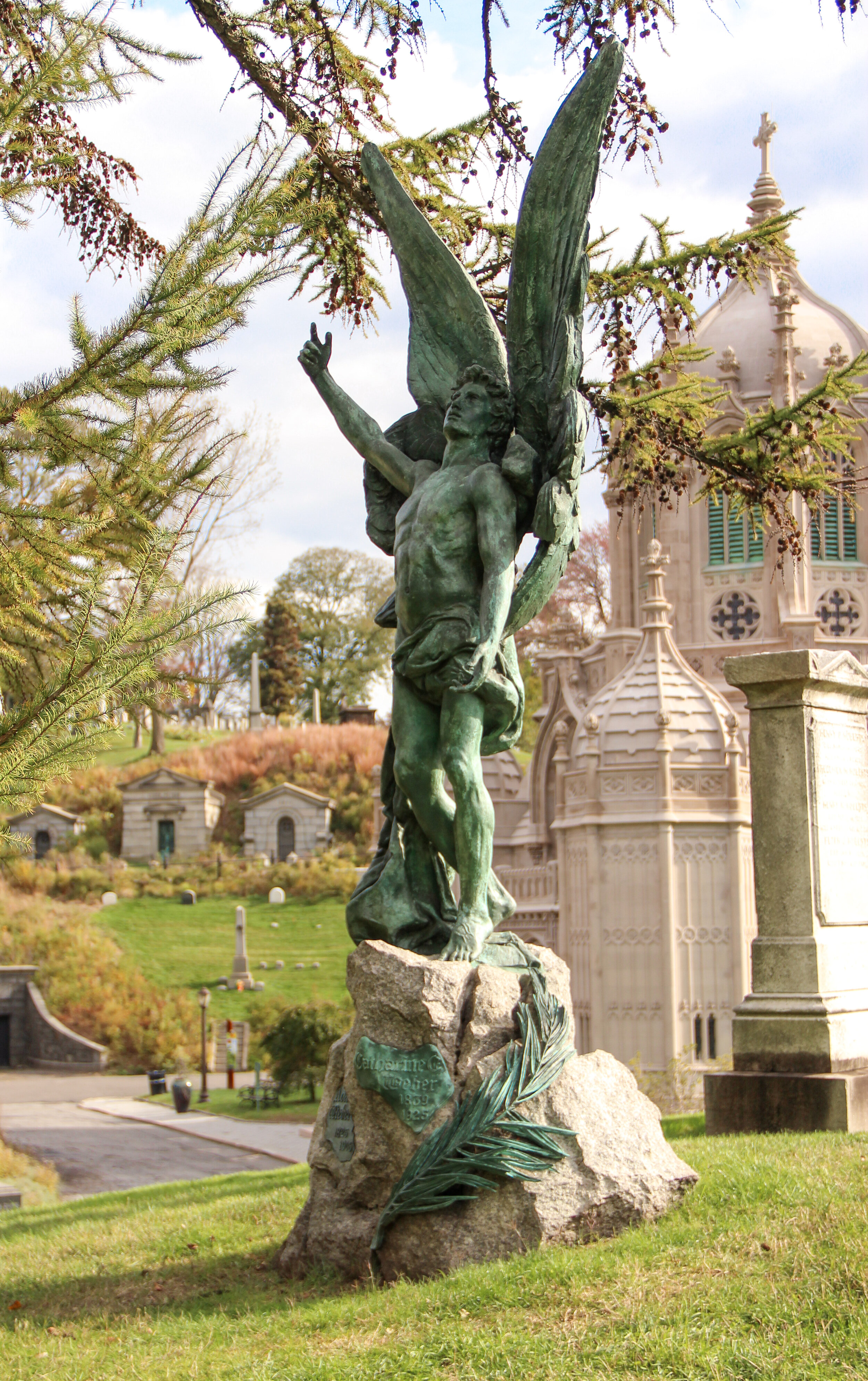


“Hold fast to dreams, For if dreams die
Life is a broken-winged bird, That cannot fly.”